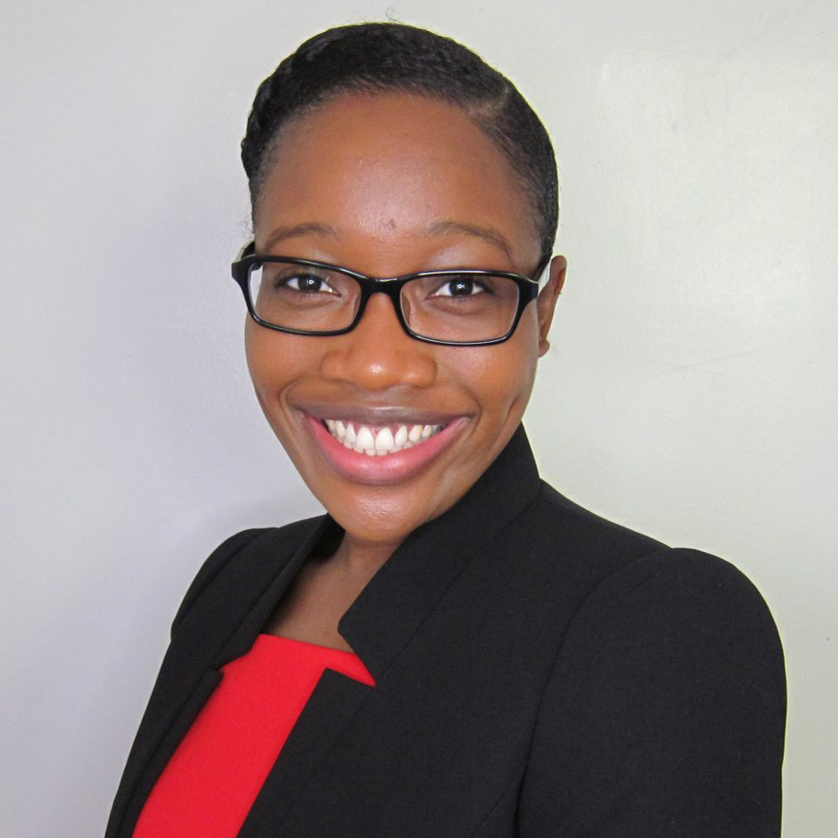Society Blog
ASNR Virtual Mentorship Program Stories: Charalambos “Bobby” C. Charalambous, PhD
My name is Charalambos “Bobby” C. Charalambous, and I am a Medical Instructor of Neurology at Duke University School of Medicine. I began my academic training in kinesiology and transitioned into neurorehabilitation during my work with Carolee Winstein, PT, PhD, maintaining this focus throughout my interdisciplinary academic and research career. I am a clinical motor neuroscientist whose work centers on locomotor control and learning and motor recovery after stroke, with a particular emphasis on the role of major descending motor pathways in post-stroke motor function and recovery.
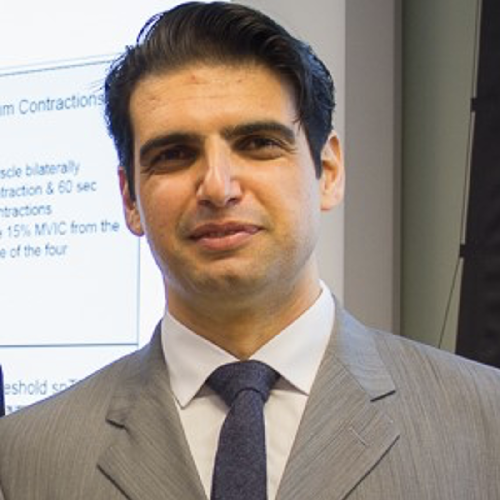
Career Pathways: A. M. Barrett, MD, FAAN, FANA, FASNR
Plotting your career path isn’t easy, but thinking about the big picture can help. “Consider what you want your legacy to be, and let that guide you in the career choices you make,” said ASNR Past President A.M. Barrett, MD, FASNR, as she reflected on her own journey. Dr. Barrett is currently Chair and Professor of Neurology at UMass Chan Medical School. She is also Chief of the Neurology Service at the VA Central Western Massachusetts Healthcare System, and she is board-certified in neurology, behavioral neurology and neuropsychiatry, and brain injury medicine.
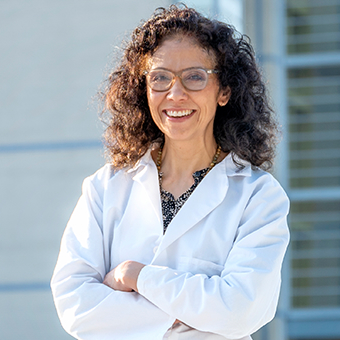
The Evolution of Neurorehabilitation and Neural Repair:
Perspectives From Former Editor-in-Chief Dr. Bruce Dobkin
When Bruce Dobkin, MD, accepted an invitation to join the editorial board for the Journal of Neurologic Rehabilitation, he could not have anticipated how the journal would shape his career and the lasting impacts that he would have on the journal’s trajectory. The Journal of Neurologic Rehabilitation later became Neurorehabilitation and Neural Repair (NNR), and Dr. Dobkin was Editor-in-Chief for eight years.

The Importance of Neurorehabilitation Research: Facilitating Recovery of Movement Following Neurologic Lesions and Developing Future Neurorehabilitation Researchers
The drive to become a physical therapist and neurorehabilitation researcher are somewhat alike—you want to help people with a disability. However, neurorehabilitation researchers are specifically driven to improve the lives of people who have neurologic dysfunction. For many researchers, it is the knowledge that change can be induced in a damaged nervous system that lights the fire to do research. Moreover, neurorehabilitation researchers occasionally become fixated on the brain without fully incorporating the critical contributions of the spinal cord, peripheral nervous system, and the musculoskeletal systems in movement control and recovery of movement control after nervous system lesions.
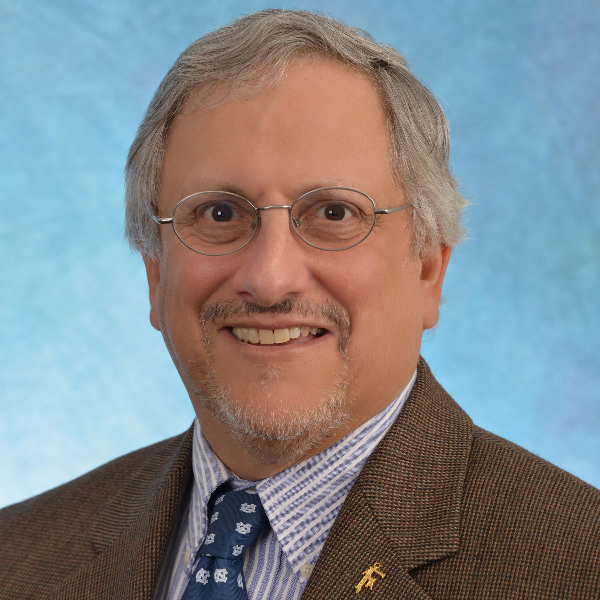
Exploring Signals, Pathways, and Networks: Dr. Julie Schwertfeger’s Pathway from Clinical Leader to Clinical Neuromodulation Researcher
Advances in imaging and technology inspired Julie Schwertfeger, PT, PhD, DPT, MBA, CBIST, to advance her training and move from clinical leadership to a research faculty position. In her current position as tenure track Assistant Professor in Physical Therapy at Louisiana State University Health - Shreveport (LSUHS), she is advancing the use of data about signals, pathways, and networks to improve recovery trajectories for people with stroke and traumatic brain injury (TBI). However, when she began her career as a physical therapist working with individuals with spinal cord injury at the Hines VA Medical Center in Illinois, Dr. Schwertfeger would never have guessed how her career would evolve over the years.
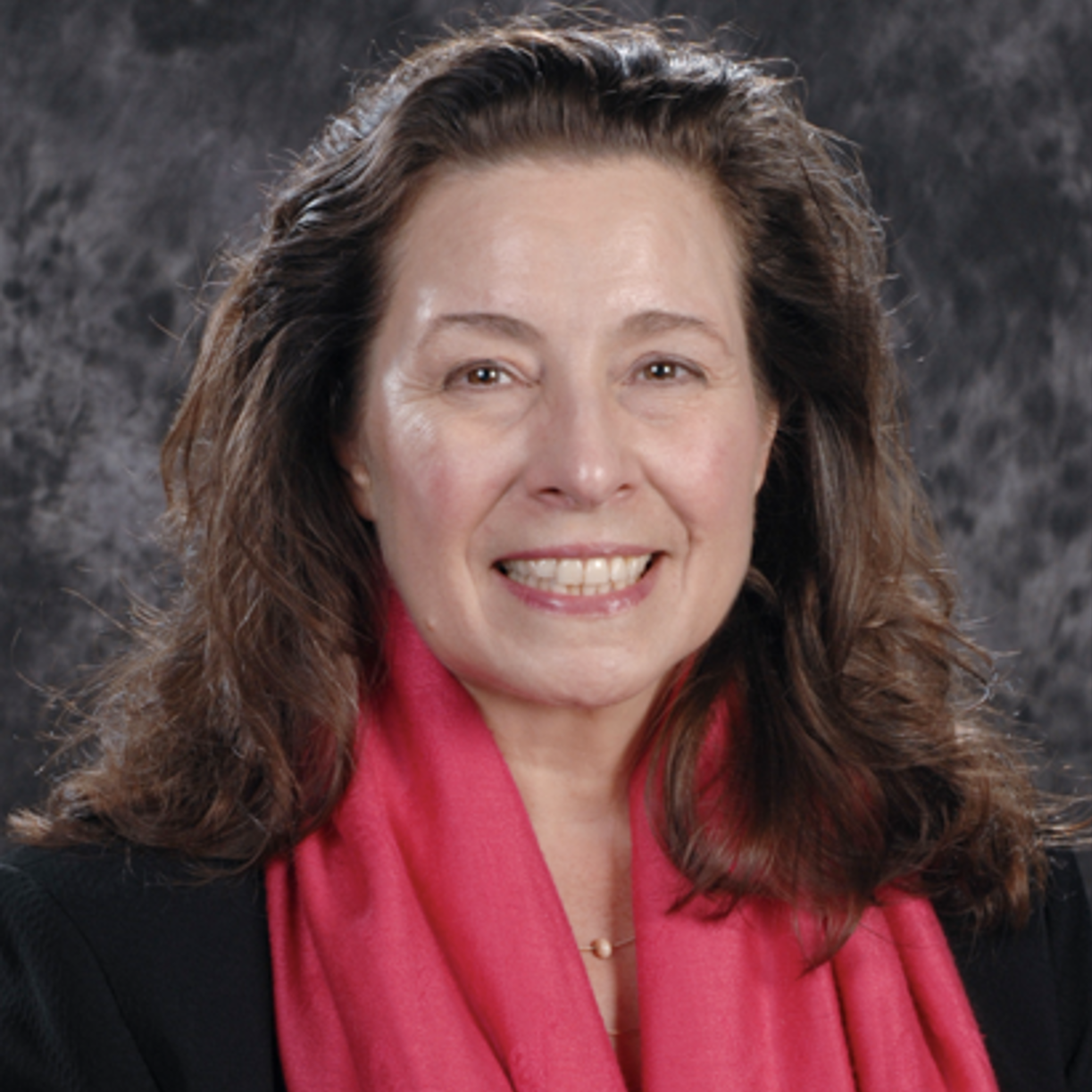
Updates from the NNR Early Career Editorial Program
In the fall of 2023, ASNR’s premier academic journal Neurorehabilitation and Neural Repair (NNR) launched its Early Career Editorial Program to provide emerging neurorehabilitation scientists and clinicians insight into the editorial board process and foster career development through interactions with the NNR editorial team. From a competitive pool of applicants, three ASNR Members were selected to participate in the program: Dr. Sam Nemanich (Marquette University), Dr. Daniele Piscitelli (University of Connecticut), and Dr. Natalia Sánchez (Chapman University). As the end of their second year in the three-year program approaches, we were excited to connect with them again to hear more about their experiences and what they have learned.
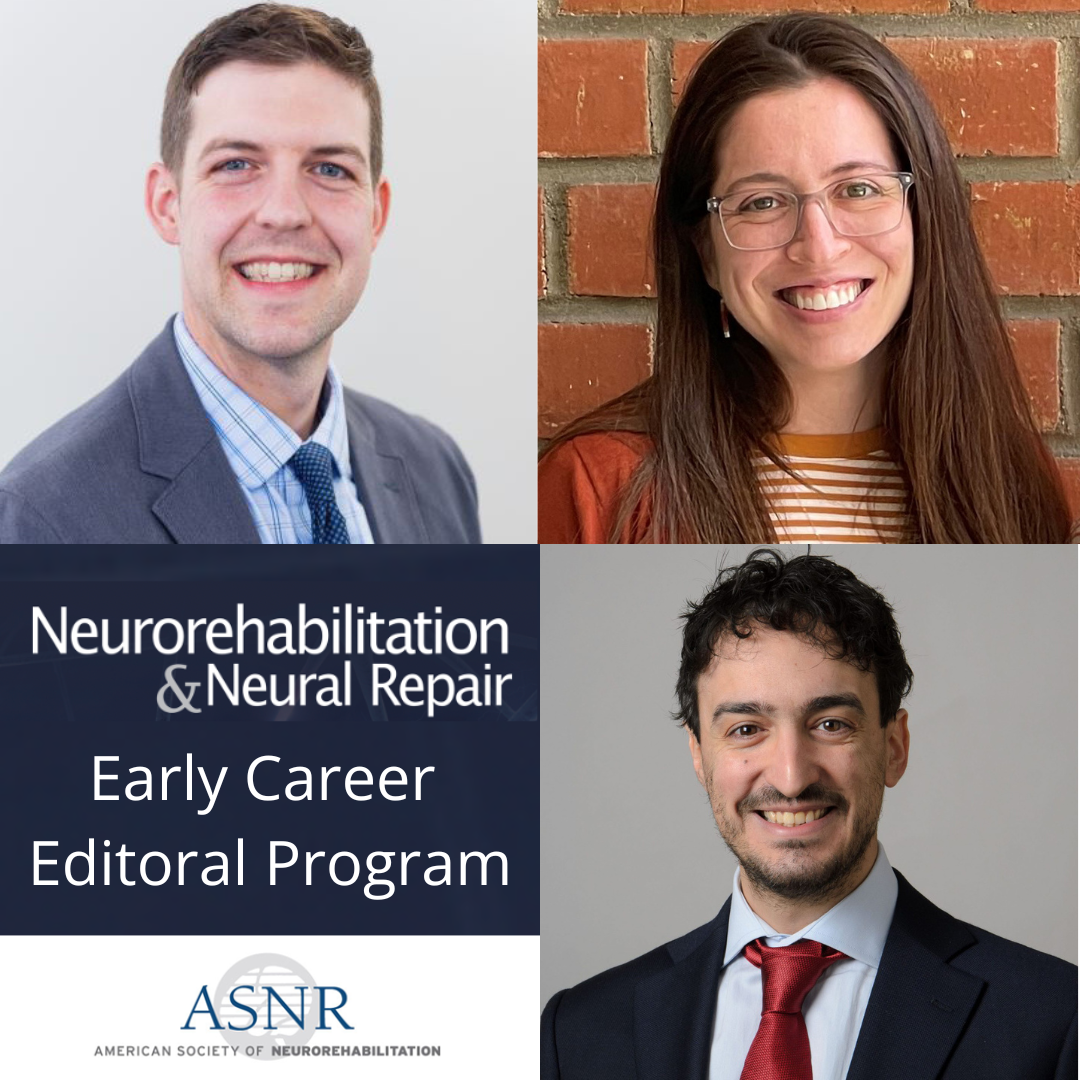
Board of Directors Spotlight: Dr. Kathleen Friel
Kathleen Friel, PhD, is delighted to serve on the Board of Directors of ASNR. Dr. Friel has always had a passion for neurorehabilitation, rooted in her own diagnosis of cerebral palsy (CP). Dr. Friel was born with CP and spent her childhood stewing over the side effects of rehabilitation. As a child, she deeply disliked anything to do with rehabilitation. However, as we now know, neurorehabilitation improves the lives of people with neurological diagnoses. As she grew up, Dr. Friel came to appreciate the field of neurorehabilitation, but was still a skeptic.
.png)
Board of Directors Spotlight: Dr. Michelle Johnson
ASNR provides excellent leadership opportunities for members with our Board of Directors, which includes Board Members, as well as officer sand committee chairs on our Executive Committee. Earlier this year, we were excited to welcome Michelle Johnson, PhD, as our newest Board of Directors Member. Dr. Johnson is an Associate Professor of Physical Medicine and Rehabilitation at the University of Pennsylvania, where she also holds secondary appointments as an Associate Professor in Bioengineering and as an Associate Professor in Mechanical Engineering and Applied Mechanics.
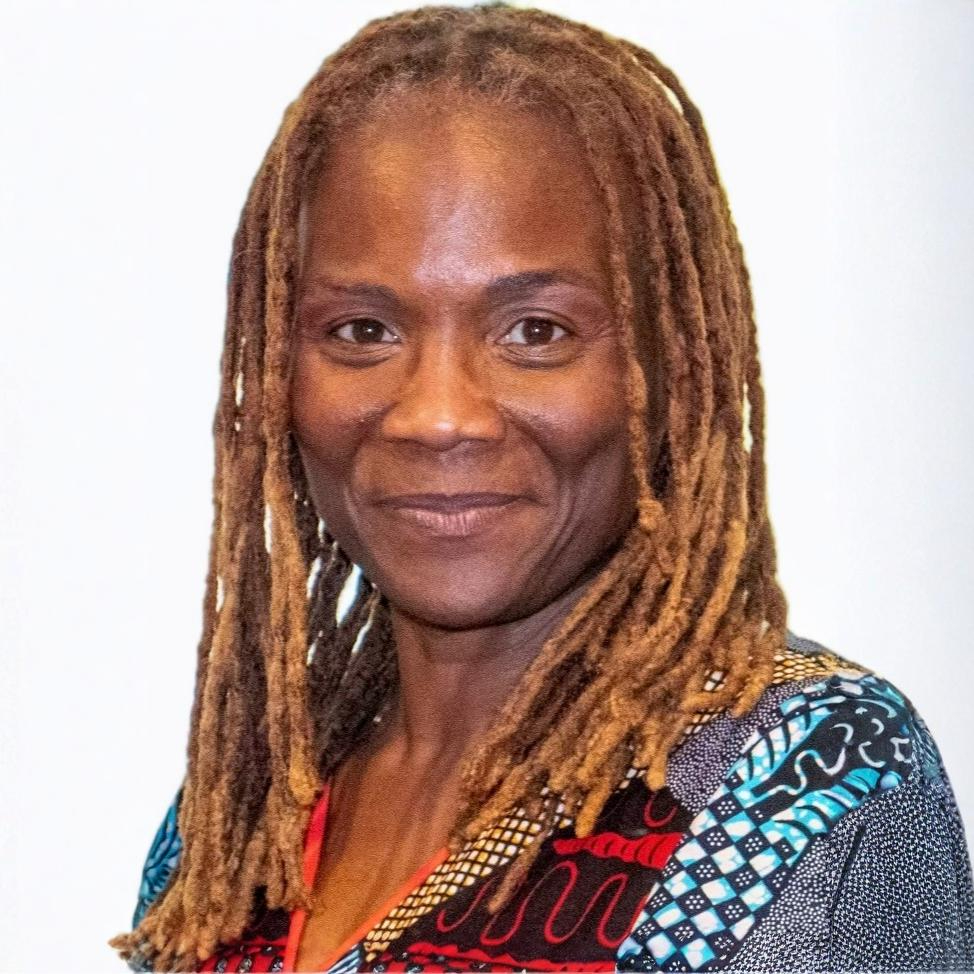
Just a Small Town Girl, Living in an Academic World: Dr. Ashley Dalrymple’s Journey to Finding a Faculty Position
A lot of people have different definitions for what it means to be first generation. For me, it means that not only was I the first in my immediate family to attend university, I was the first of my entire extended family (grandparents, aunts, uncles, and cousins). I come from a long line of hardworking labourers and trades workers. And yes, that's how I spell “labour,” because I am Canadian. I grew up in a small town in Alberta. Looking back, it is remarkable to reflect on my transformation from my humble beginnings to where I am today as an Assistant Professor in the Departments of Biomedical Engineering and Physical Medicine & Rehabilitation, as well as Faculty in the Neuroscience Program and an Adjunct Assistant Professor in Electrical & Computer Engineering, at the University of Utah.
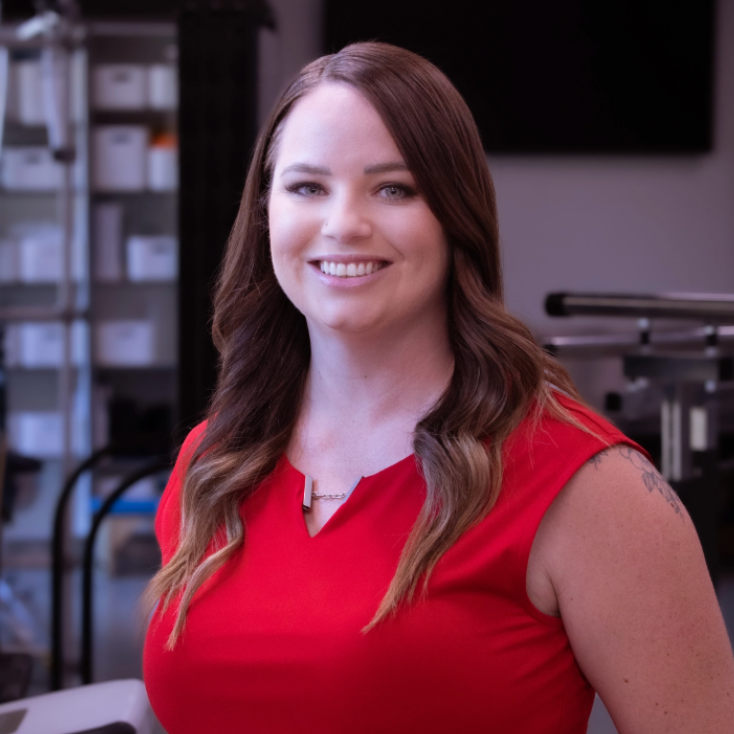
ASNR Virtual Mentorship Program Stories: Dr. David Cunningham
My name is David Cunningham, PhD, and I am a Staff Scientist in the Department of Physical Medicine and Rehabilitation at the MetroHealth Rehabilitation Institute and an Assistant Professor at Case Western Reserve University School of Medicine. My research investigates the neuroplastic interactions of multimodal neuromodulatory techniques (e.g., non-invasive brain stimulation and functional electrical stimulation) within the damaged central nervous system and how these interactions can be optimized to enhance upper-limb motor recovery.
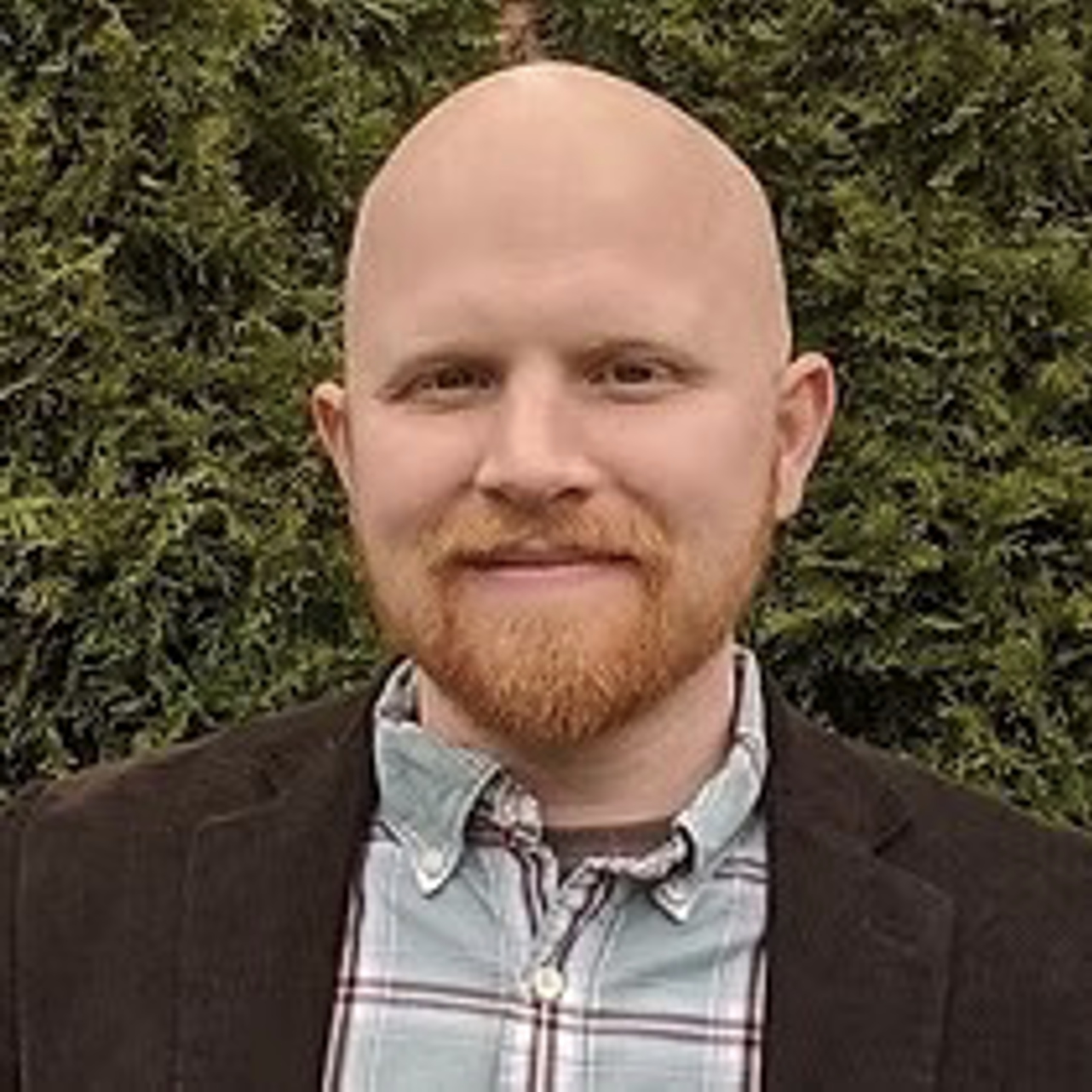
The Importance of Neurorehabilitation Research: Understanding Motor Control and Motor Learning to Improve Walking
Behind every step we take is an intricate sequence of muscle contractions, neural signals, and mechanical forces. For many people, walking feels automatic. However, for people with neurological conditions like stroke or Parkinson’s disease, walking may become more difficult, less efficient, and something that, when combined with poor balance, puts them at greater risk for falls. Rehabilitation can help, but rehabilitation often depends on using practice to drive motor learning. Understanding how motor control and motor learning are impacted by different neurological conditions is critical for developing and delivering the most effective rehabilitation approaches.
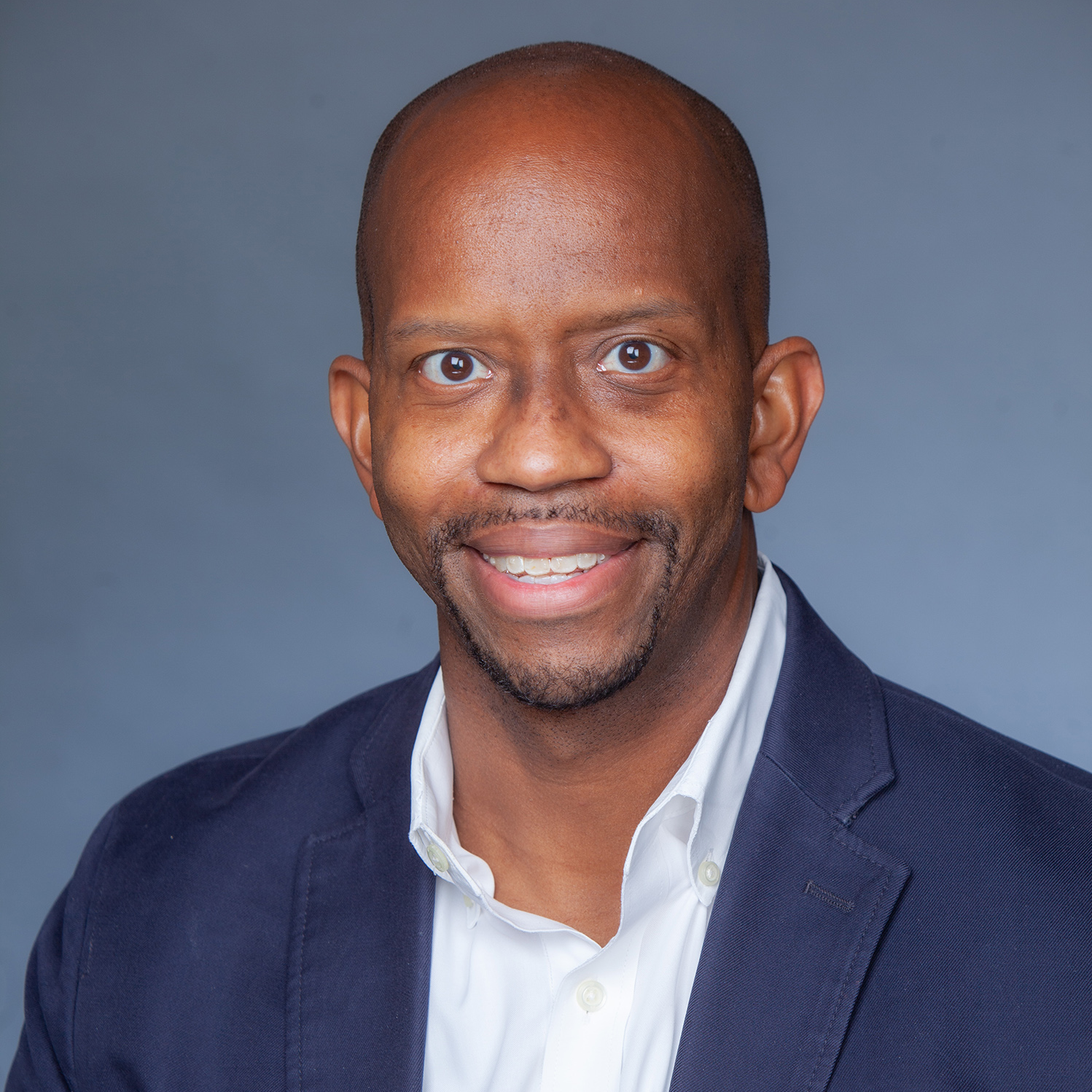
The Importance of Neurorehabilitation Research: Promoting Recovery of Goal-Directed Movement
From navigating through our environments to interacting with objects and other people, goal-directed movements are central to our everyday lives. However, for people who have had a stroke or other injury to the central nervous system, even routine actions may become a major challenge. While pharmacological treatments are important, behavioral interventions during rehabilitation are critical for restoring and optimizing function after neurological damage. Carolee Winstein, PT, PhD, FAPTA, FAHA, FASNR, has dedicated her career to conducting interdisciplinary research to better understand control, rehabilitation, and recovery of goal-directed movement.
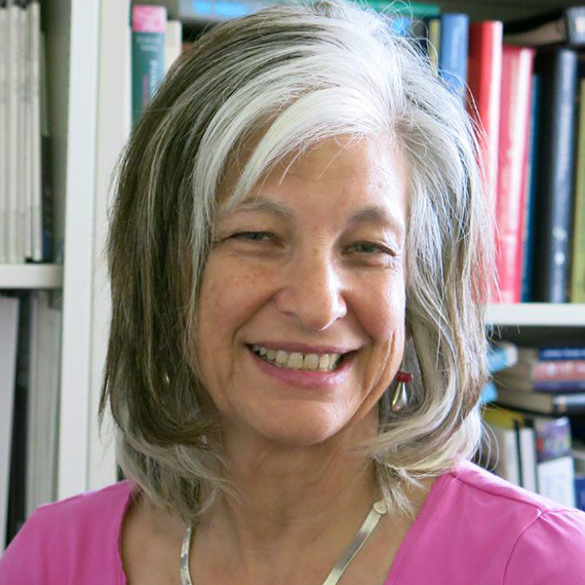
The Importance of Neurorehabilitation Research: Helping Rebuild Lives After Spinal Cord Injury
Spinal cord injuries typically lead to sudden, substantial, and unexpected loss of function for hundreds of thousands of individuals around the world every year, and even small improvements in function can meaningfully impact an individual’s quality of life. But how do clinicians know which treatments they should use to provide the greatest possible benefits for their patients? Research is the answer. Scientific research is fundamentally linked with advances in medicine. As we learn more about how the nervous system recovers after injury and new technologies are introduced, we depend on new research to identify which neurorehabilitation treatments will be best for which patients.
.png)
Meet Our Members: Fisayo Aloba
Fisayo Aloba, DPT, is a fifth year graduate student in Emory University’s Neuroscience Graduate Program working in the laboratory of Trisha Kesar, PT, PhD. She joined ASNR to access the vast community of neurorehabilitation researchers who are members of our society. With her unique background as a physical therapist and an aspiring neuroscientist, Dr. Aloba finds that ASNR represents a body of researchers who work at the intersection of rehabilitation and neuroscience. Being part of ASNR provides great opportunities to connect and collaborate with others in the field.
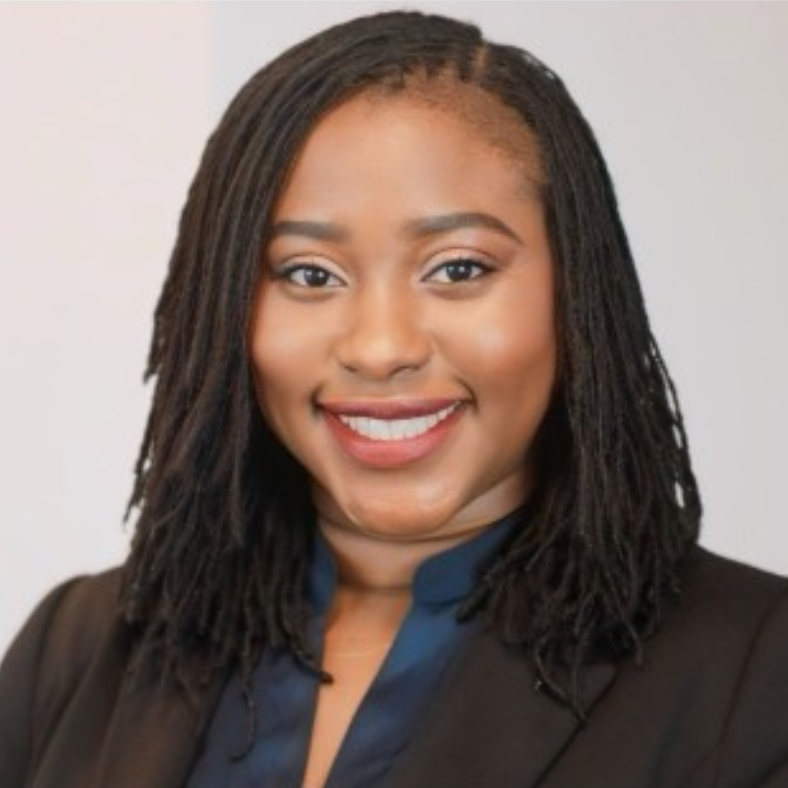
Meet Our Members: Sebastián Correa
Sebastián Correa is a PhD Candidate in Biomedical Engineering at Case Western Reserve University performing research in the Rewire Lab with Dr. James Sulzer in the Department of Physical Medicine and Rehabilitation at Case Western Reserve University and The MetroHealth Medical System Center for Rehabilitation Research. He joined ASNR because it is a very welcoming community of scientists from diverse backgrounds dedicated to advancing the field of neurorehabilitation. As an aspiring scientist in this field, Sebastián wanted to be part of our organization because it is a collaborative and constructive environment where he can grow his career while contributing to the community as a scientist and an individual.
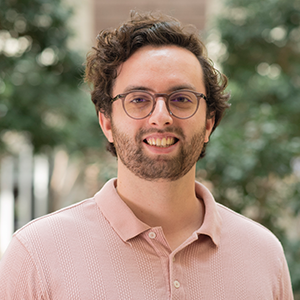
Meet Our Members: Aaron Huynh
Aaron Huynh is a PhD Student in the Department of Neuroscience at the University of Rochester School of Medicine & Dentistry. As an early-stage trainee, Aaron viewed joining ASNR as the perfect opportunity to introduce himself to the neurorehabilitation community. He was very interested in the diverse attendee backgrounds and research topics at the 2025 Annual Meeting. Aaron’s ASNR membership and attendance at the 2025 annual meeting allowed him to network with several leaders in the field with varying expertise, making him even more excited to be a part of ASNR and attend future meetings.
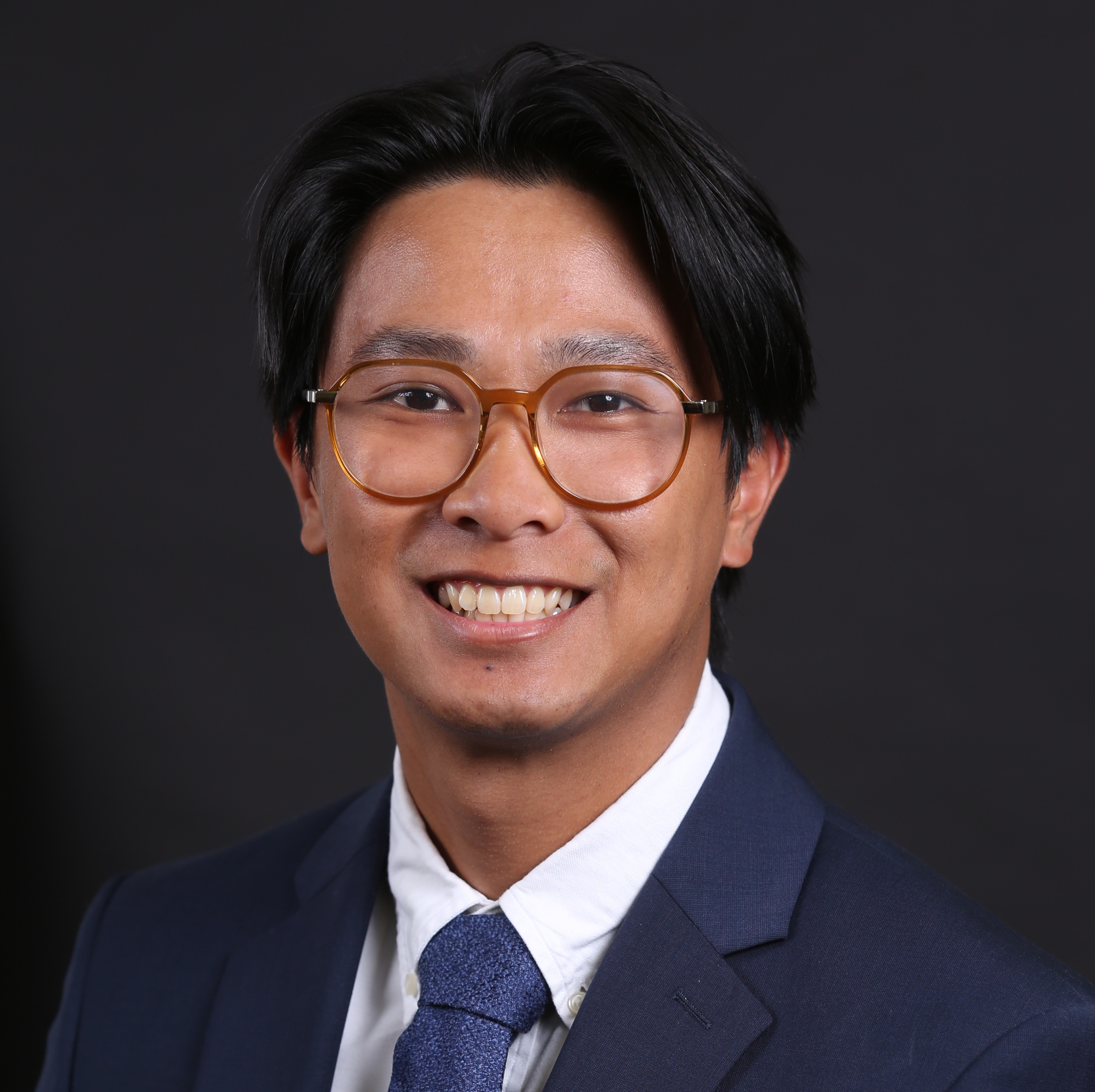
Memorable Moments and Attendee Perspectives From ASNR’s 2025 Annual Meeting
Our 2025 ASNR Annual Meeting was among our largest on record with 288 registered attendees! Held at the Grand Hyatt Buckhead in Atlanta, Georgia, attendees enjoyed outstanding presentations, invigorating discussions, excellent networking opportunities, delicious food, and an exceptionally warm and welcoming environment.
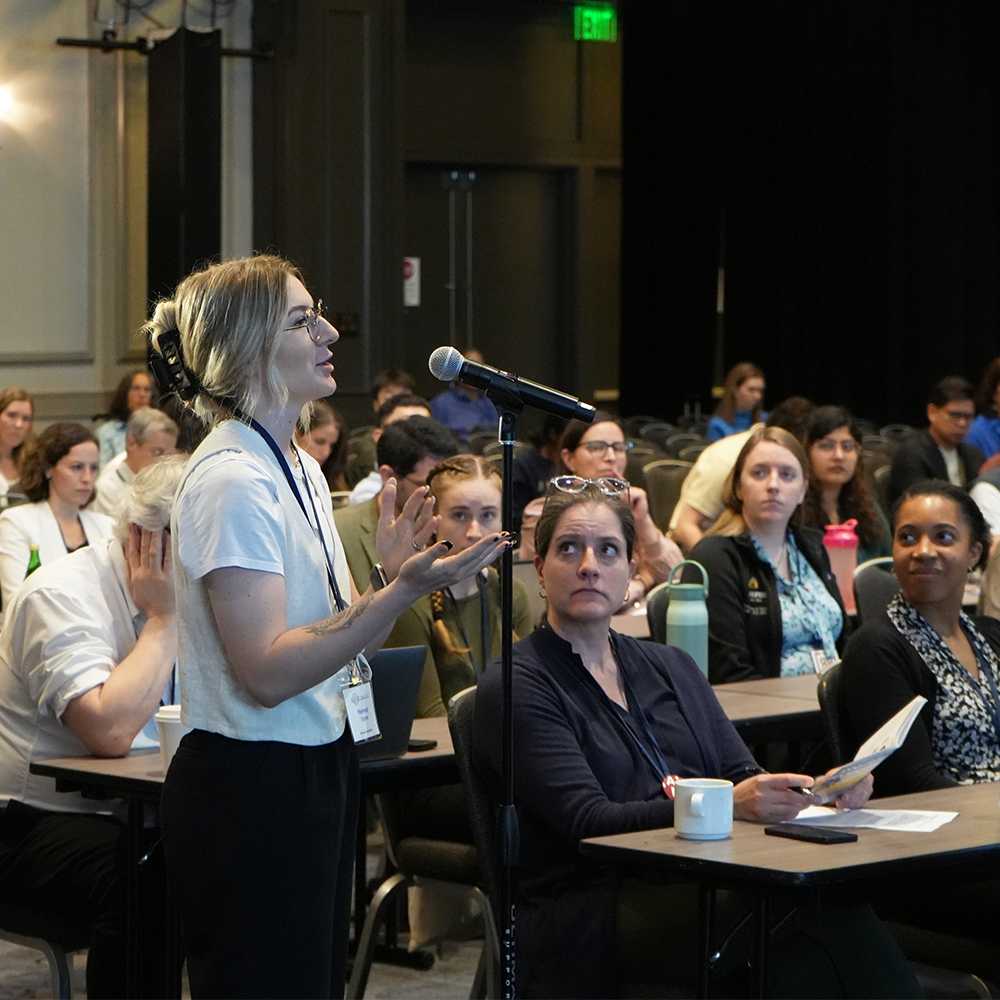
Career Pathways: Krishnankutty Sathian, MBBS, PhD, FASNR, FAAN, FANA, FRCP
“The bottom line is to know yourself and follow your passion. For me, variety has been key,” noted ASNR Past President Krishnankutty (Krish) Sathian, MBBS, PhD. Dr. Sathian is Chair of Neurology and Director of the Neuroscience Institute at Penn State Health Milton S. Hershey Medical Center and Penn State College of Medicine. He is a Professor of Neurology with joint appointments as Professor of Neuroscience & Experimental Therapeutics, and Professor of Psychology at Penn State University. As an academic leader and clinician-scientist, Dr. Sathian balances multiple interests and responsibilities, and the rich variety in his work has fueled his curiosity and contributed to a flourishing career in cognitive neuroscience and neurology.
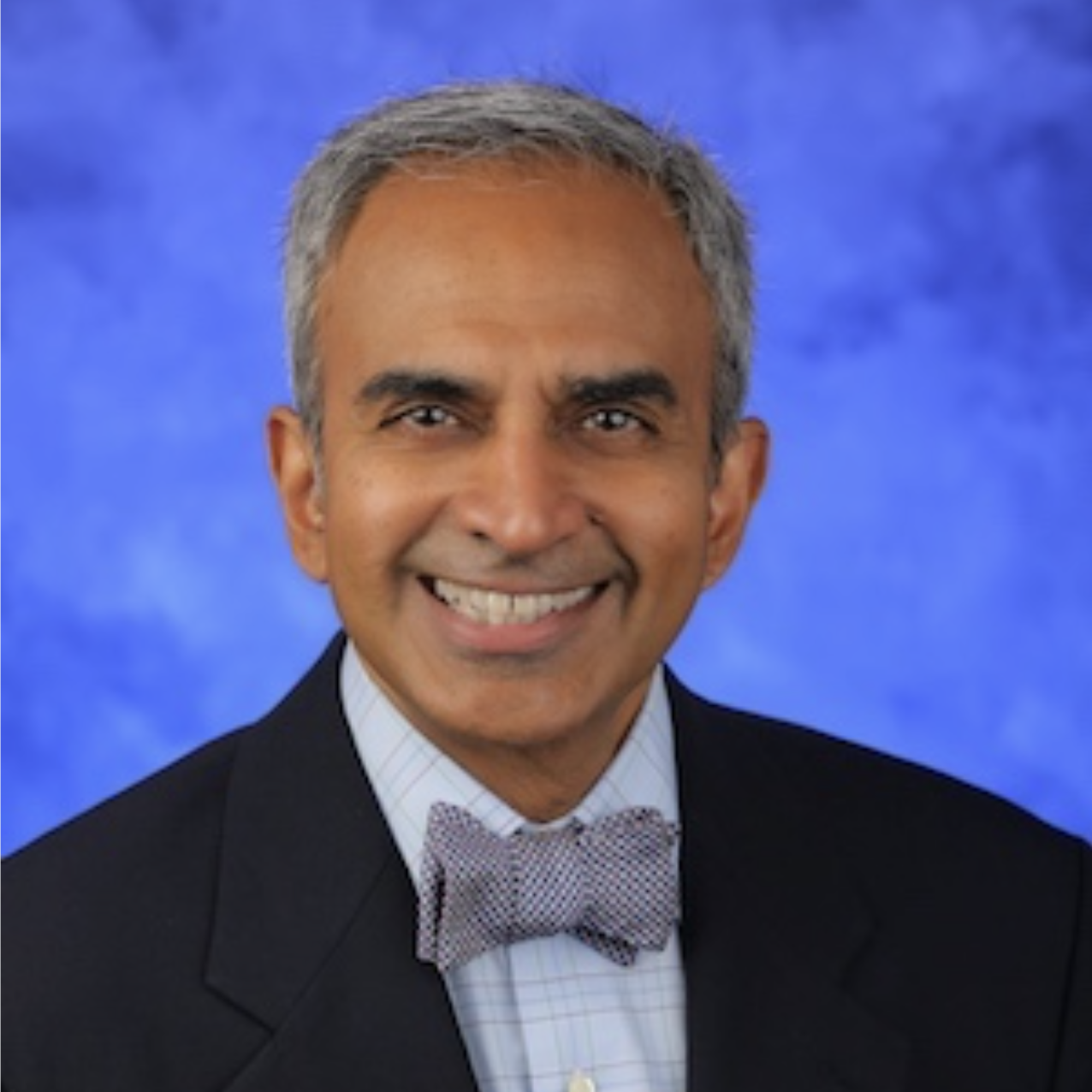
Announcing our 2025 ASNR Award Winners and Diversity Fellows
Each year, we recognize leaders who are making exceptional contributions to the field of neurorehabilitation, as well as promising trainees and early-career professionals, with awards at our Annual Meeting. We are excited to announce the recipients of this year’s Fellow of the American Society of Neurorehabilitation (FASNR), Outstanding Neurorehabilitation Clinician-Scientist Award, and Diversity Travel Fellowship, as well as highlight the finalists for our Presidential Abstract Award and our Fletcher H. McDowell Abstract Award. Awards will be presented to recipients during our ASNR Annual Meeting in Atlanta, Georgia, April 23 - 25, 2025.
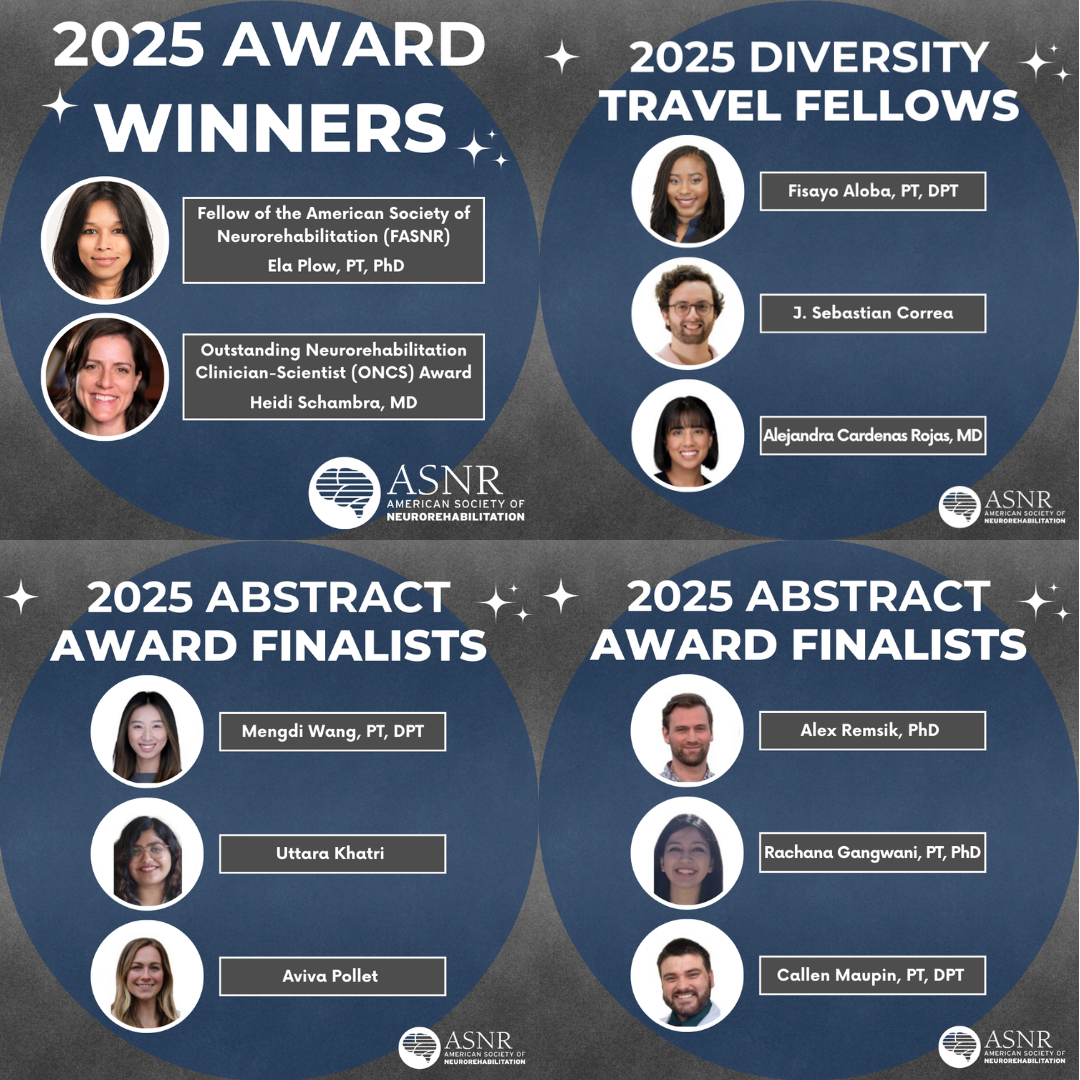
Career Pathways: Claudio Ferre, PhD
Following your curiosity may not produce a logical, linear career path, but this strategy has been a key part of my journey to finding a fulfilling career in neurorehabilitation. Looking at my credentials, it’s easy to piece together a convincing narrative about how one step naturally led to the next. I received my Bachelor of Science degree in Psychology from DePaul University, followed by a PhD in Kinesiology from Columbia University. I completed a postdoctoral fellowship at the Burke Neurological Institute, Weill Cornell Medicine. Now I’m currently an Assistant Professor at Boston University in the Sargent College of Health and Rehabilitation Sciences and faculty at the Neurophotonics Center.
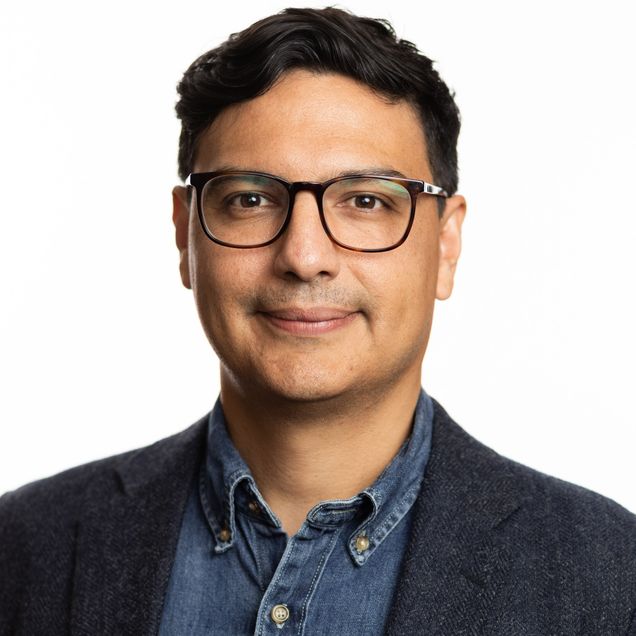
Countdown to ASNR 2025!
We’re thrilled to be holding this year’s ASNR Annual Meeting in Atlanta, Georgia, and we hope you can join us there April 23-25th! ASNR 2025 will bring together a fantastic group of researchers, clinicians, and other industry professionals to share new discoveries and engage in dialogues to advance neurorehabilitation. Want to know more about what to expect at this year’s meeting? Keep reading, and be sure to check out our Annual Meeting page for information on registration, booking your hotel room, the conference program, and more! We encourage everyone to register before March 31st to take advantage of cost savings with our early bird registration rates!
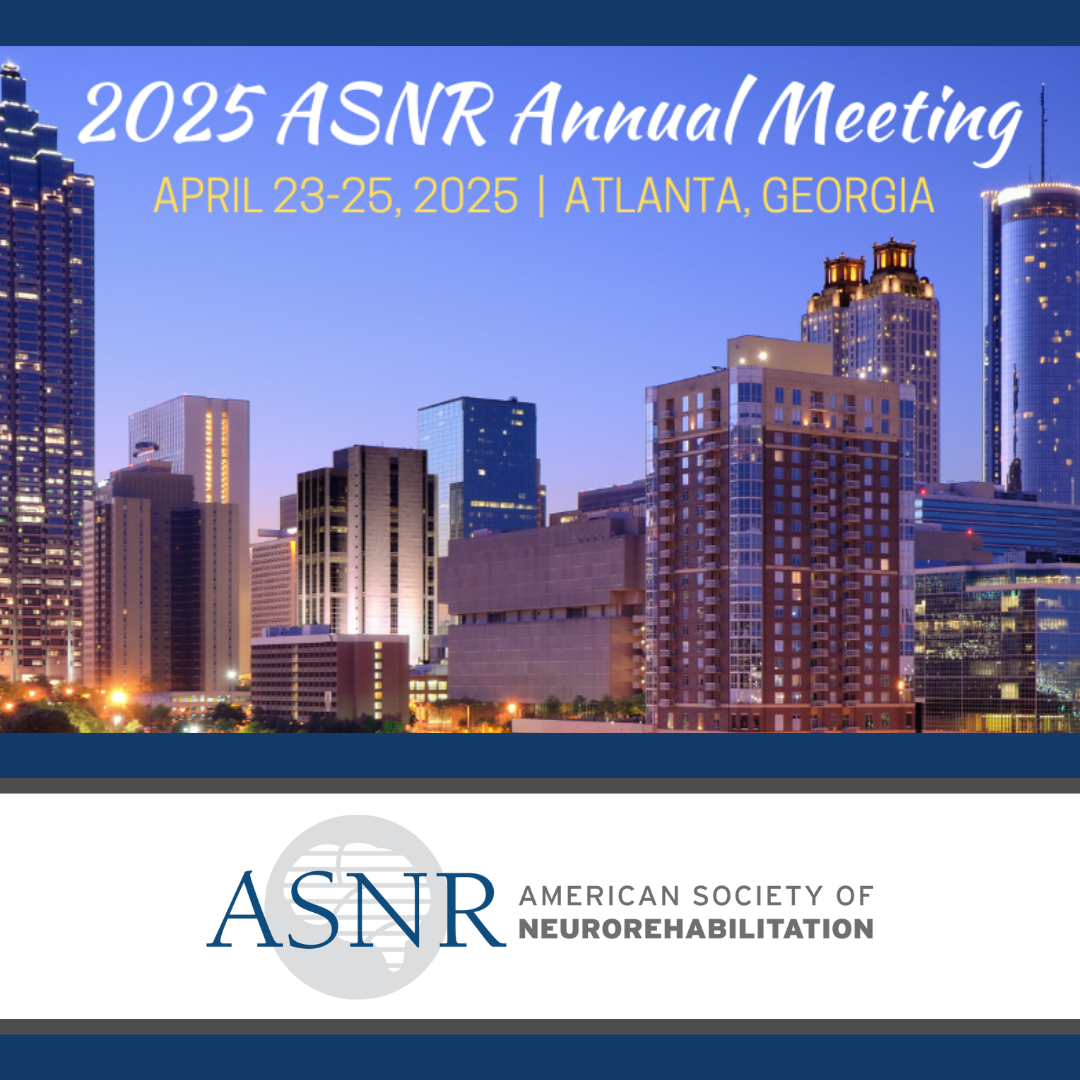
Dr. Jyutika Mehta Shares How ASNR Can Benefit Speech Language Pathologists
ASNR brings together a diverse group of neurorehabilitation professionals spanning basic science, clinical and translational research, clinical practice, engineering, industry, advocacy, policy, and other important areas. Though our members come from different backgrounds, we are united in our desire to advance the field and improve neurorecovery through discovery. Jyutika Mehta, PhD, CCC-SLP, FHEA, FASNR FASHA, is a Member of ASNR’s Board of Directors and our Membership Engagement Committee, and in this interview, she shares some of her experiences in ASNR and how being part of the Society has enhanced her career.
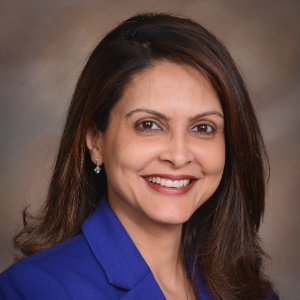
Career Pathways: George Wittenberg, MD, PhD, FASNR
“My career has been fairly linear, but it developed out of certain core interests that I’ve had for most of my life. Pursuing and exploring these interests has led me in new directions and to many opportunities that have been more rewarding than I ever could have imagined,” reflected ASNR Past President George F. Wittenberg, MD, PhD, FASNR. Dr. Wittenberg is Professor in the Department of Neurology at the University of Pittsburgh and Associate Director, Research for the Technology Enhancing Cognition and Health - Geriatric Research Education and Clinical Center (TECH-GRECC) in the Veterans Affairs Pittsburgh Healthcare System.
.png)
ASNR Supports Members Attending the TIGRR Workshop in 2025
Grant writing is an important skill for neurorehabilitation researchers, but how can early-career investigators improve their skills to write better grants? The NIH-funded Training in Grantsmanship for Rehabilitation Research (TIGRR) Workshop was created to provide targeted training and mentoring in grant writing to early-career investigators in rehabilitation research. Over time, the TIGRR program has been refined and has grown into a yearlong program that focuses not only on obtaining research funding, but also on managing grants, overseeing lab personnel, and reviewing and critiquing grant proposals.
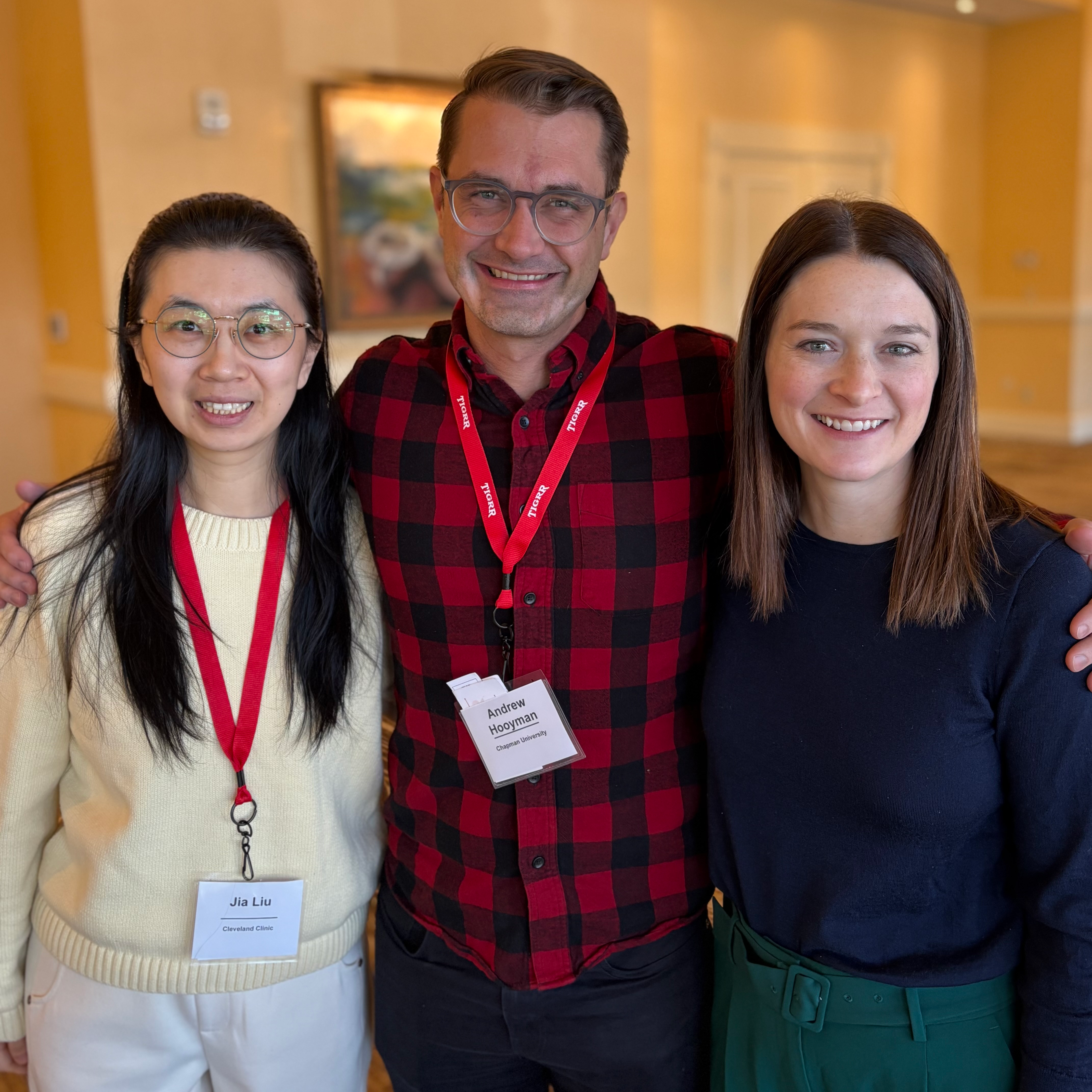
ASNR's New Strategic Plan Will Help Us Drive Advances in Neurorehabilitation
The field of neurorehabilitation is rapidly growing and evolving, and the American Society of Neurorehabilitation (ASNR) is dedicated to supporting our members who are working at the forefront of research, innovation, clinical care, and advocacy. ASNR’s Board of Directors is pleased to announce that it has approved a new strategic plan that includes three foundational goals which reflect important developments in the field and opportunities for further strengthening our organization. The goals were created in alignment with our mission, vision, and values, and the strategic plan outlines actionable strategies that will be executed between 2024 and 2029 to achieve these three goals.
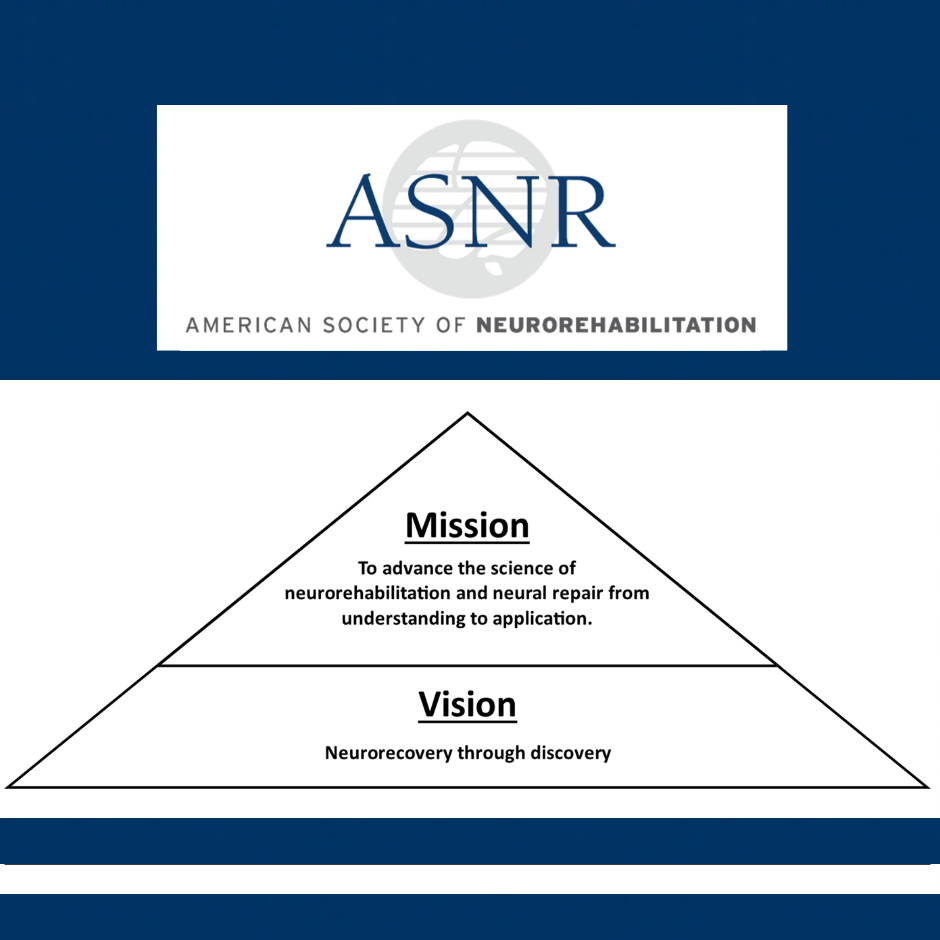
Board of Directors Spotlight: Dr. Sean Dukelow
ASNR’s Board of Directors is integral to managing and shaping the future of the organization. Sean Dukelow, MD, PhD, FRCPC, has been a member of the Board since 2019. He is a Professor in the Department of Clinical Neuroscience at the University of Calgary and the Medical Director of Stroke Rehabilitation for the Calgary Stroke Program. In this interview, Dr. Dukelow shares more about his background, his research, and his role as a leader in ASNR.
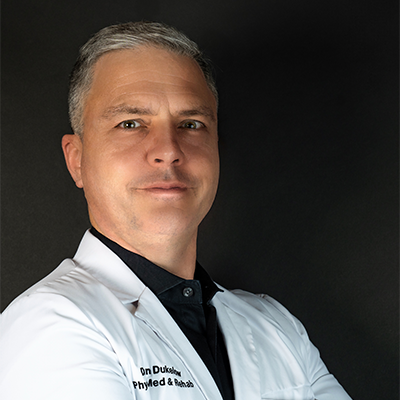
Career Pathways: Albert Lo, MD, PhD
“Al has done a lot of different things.” This is how Dr. Carolee Weinstein introduced me as the incoming ASNR President (2018-2021), succeeding her term. I thought to myself, “what an interesting and true description.” I asked myself, “Why is that? Why did others have such a linear path? Did my colleagues perceive me to be unfocused, or not having a clear career trajectory?” Introspectively and retrospectively, my career path made perfect sense to me, and I will share why I made the choices I did and what I learned along the way. I could not have predicted, nor planned, where I ended up from where I started, but maybe my career journey will help some of you as you make career decisions and navigate your own paths.
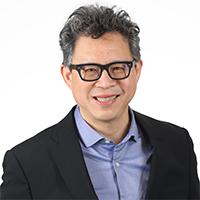
Meet Our Members: Syamala Buragadda
Dr. Syamala Buragadda is a Postdoctoral Fellow at McGill University, and she has been a Member of ASNR since 2022. She joined the organization to benefit from access to cutting-edge research which helps keep professionals updated on the latest advancements in the field. Dr. Buragadda also recognized that ASNR provides valuable networking opportunities, fostering connections between clinicians, researchers, and specialists to enhance collaboration.
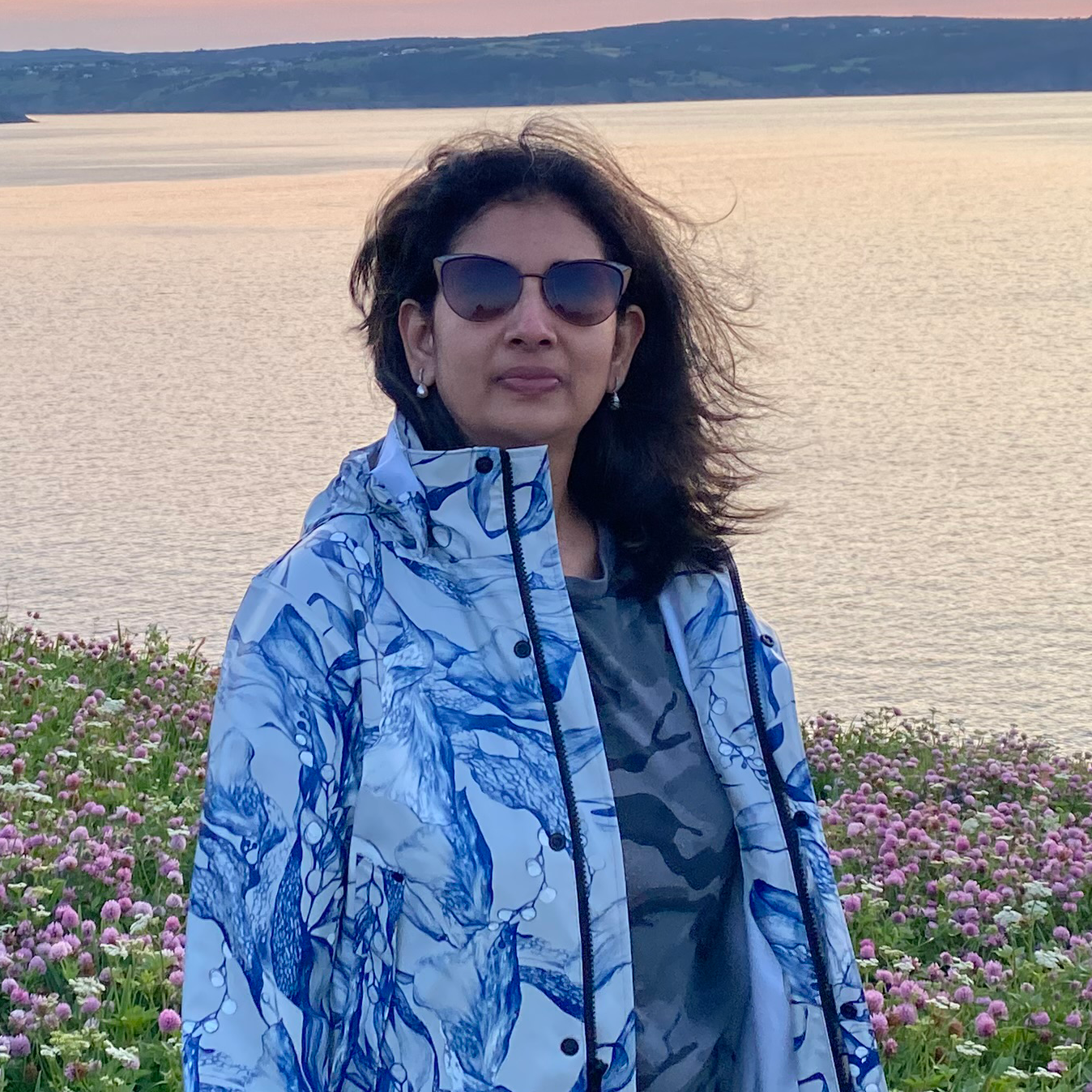
Executive Committee Spotlight: Dr. Jason Carmel
Jason Carmel, MD, PhD, is a member of ASNR’s Executive Committee, currently serving in the roles of Secretary and Treasurer. Dr. Carmel is Executive Director & Research Director of the Weinberg Family Cerebral Palsy Center and the Weinberg Family Associate Professor of Neurology (in Orthopedic Surgery), and Director of the Movement Recovery Laboratory at the Columbia University Vagelos College of Physicians and Surgeons. In this interview, he shares more about his background and his work.
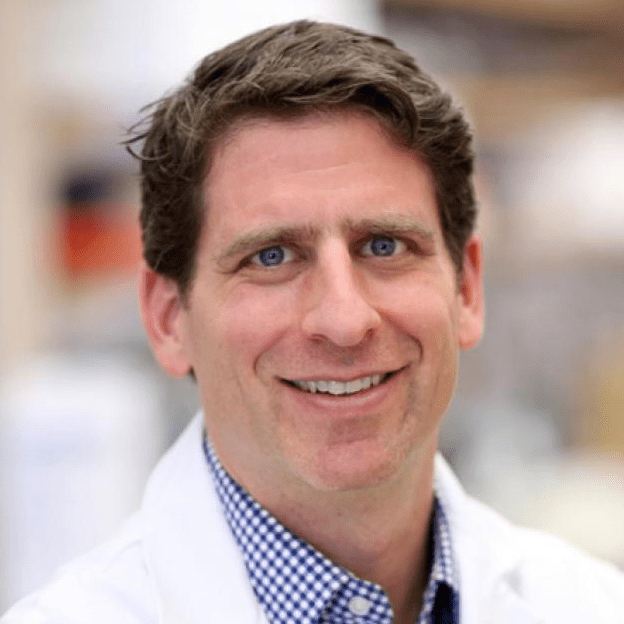
Meet Our Members: Jessica Bath
Jessica Bath, DPT, PhD, is a recent PhD graduate and incoming Assistant Professor at the University of California, San Francisco (UCSF). She joined ASNR early in her PhD program in 2021 to take advantage of the excellent interdisciplinary and translational networking opportunities. Connecting with others from different backgrounds is critical when working at the intersection of clinical practice, neuroscience, and rehabilitation. Dr. Bath has appreciated the variety of study populations, techniques, and disciplines which ASNR spans, and it has introduced her to concepts and methods which are really insightful and relevant to her work.
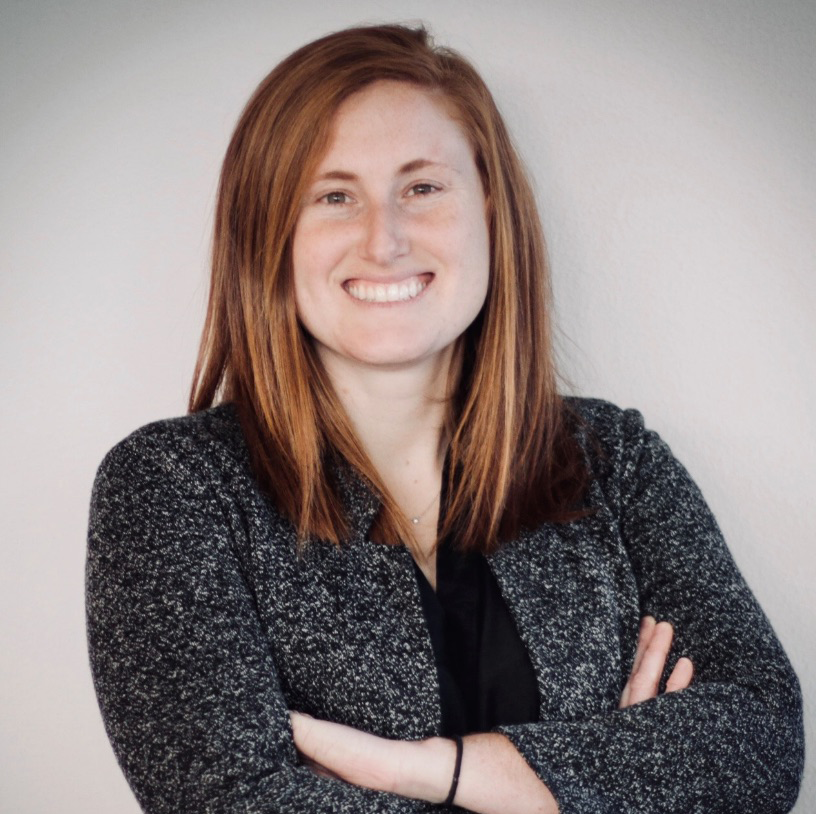
NNR Encourages Registered Report Article Submissions
ASNR’s academic journal Neurorehabilitation and Neural Repair (NNR) accepts a variety of article types, including full-length Original Research Articles, Review Articles, Point of View articles, Brief Communications, and Registered Reports. Registered Reports are a relatively new kind of article in academic publishing in which the proposed methods and analyses for a study are pre-registered and peer-reviewed in advance.
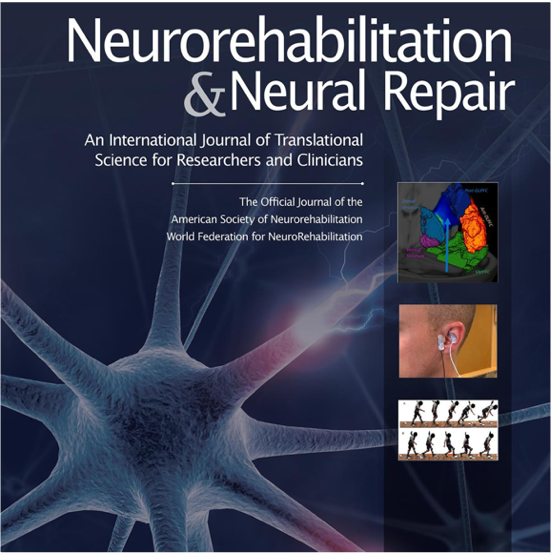
ASNR Virtual Mentorship Program Stories: Dr. Jacqueline Palmer
For early-career researchers, mentorship can accelerate professional development and help reach career goals more effectively and efficiently. Dr. Jaqueline Palmer is currently a tenure-track Assistant Professor in the Division of Physical Therapy at the University of Minnesota Medical School. Her research lab aims to understand the link between cerebrovascular brain health, brain function, and the brain’s adaptive, neuroplastic capacity for learning and behavior. As a postdoctoral fellow at the University of Kansas Medical Center, Dr. Palmer participated in ASNR’s Virtual Mentoring Program, paired with Dr. Jyutika Mehta as her mentor.
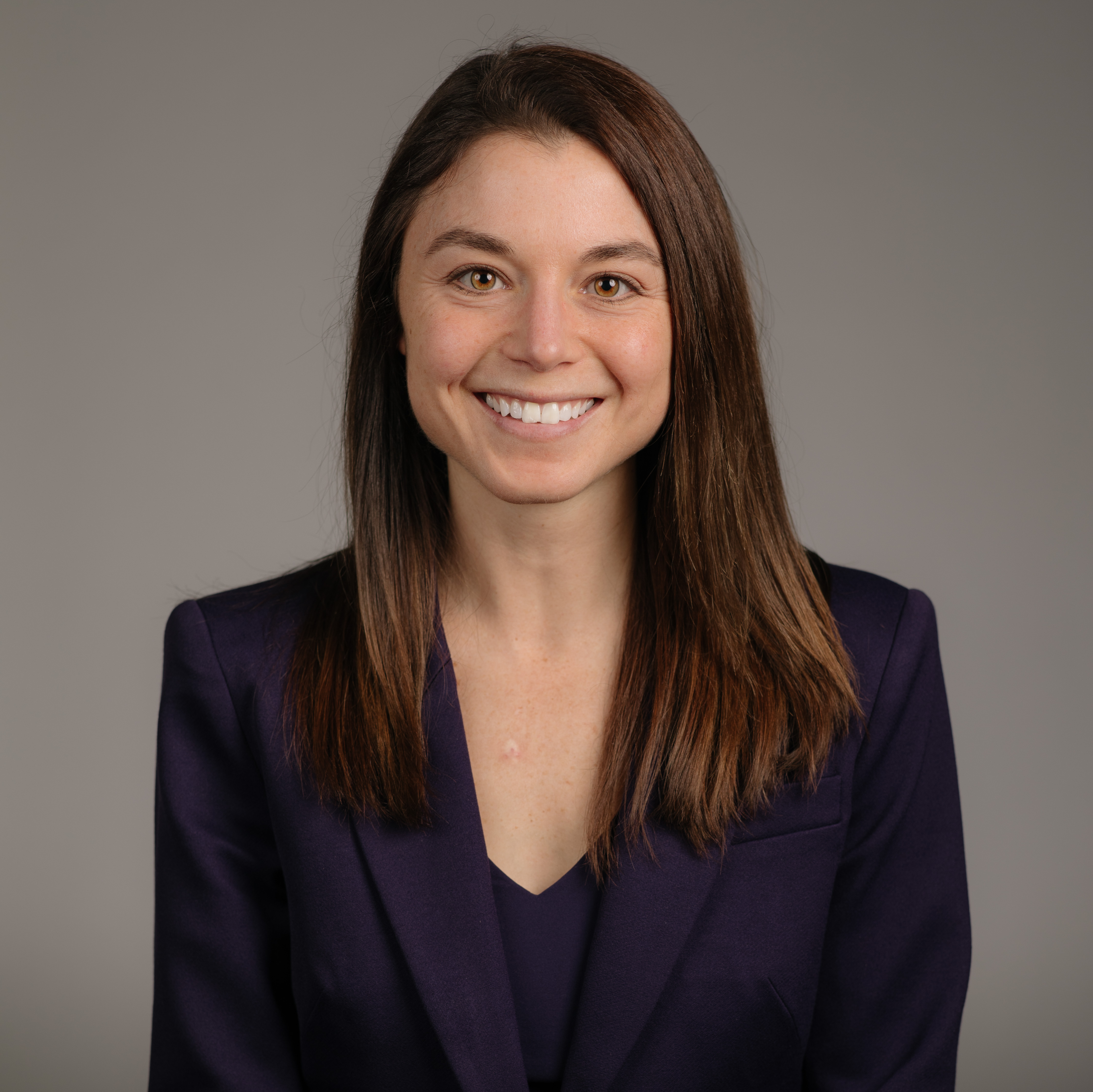
AI in Neurorehab: Restoring Speech and Movement with Brain-Computer Interfaces
Along with his colleagues on the BrainGate team, Dr. Leigh Hochberg is developing implantable brain-computer interface (BCI) technologies to restore communication and mobility for people with paralysis. This year, the team is celebrating 20 years since the start of their first BrainGate clinical trial, and it is remarkable to reflect on the progress that has been made over the past two decades. Their ultimate goal is to develop high-resolution methods to record brain activity related to the intention to speak or move and convert it into actual movement or computer-generated speech in real time.
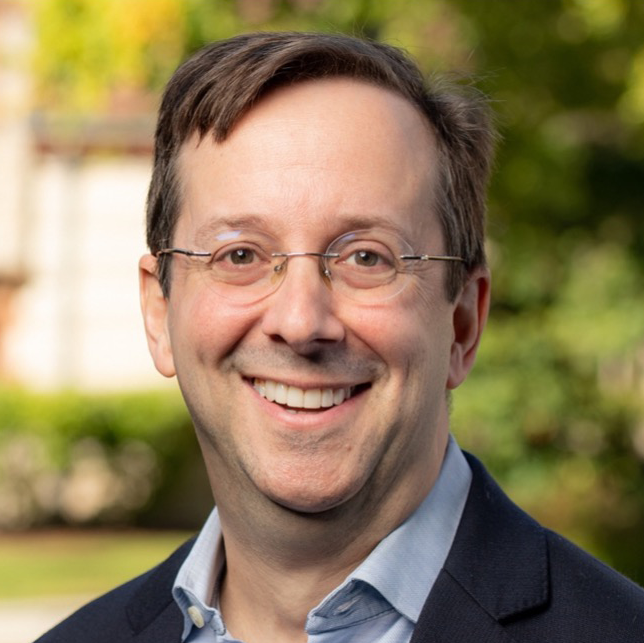
AI in Neurorehab: Machine Learning Informs Real-Time Delivery of Non-Invasive Brain Stimulation for Poststroke Motor Recovery
After carefully stretching a cap full of electroencephalography (EEG) electrodes over a participant’s head, Dr. Sara Hussain checked that each computer that was needed to carry out her experiment – four in total – was operating properly. As a postdoctoral fellow at the Human Cortical Physiology and Neurorehabilitation Section within the National Institute of Neurological Disorders and Stroke (NINDS), she was excited to be working on a new study looking at the relationships between a specific pattern of EEG signals recorded over the sensorimotor cortex (called mu rhythms), the excitability of corticospinal tract neurons, and motor learning in adults without brain injury.
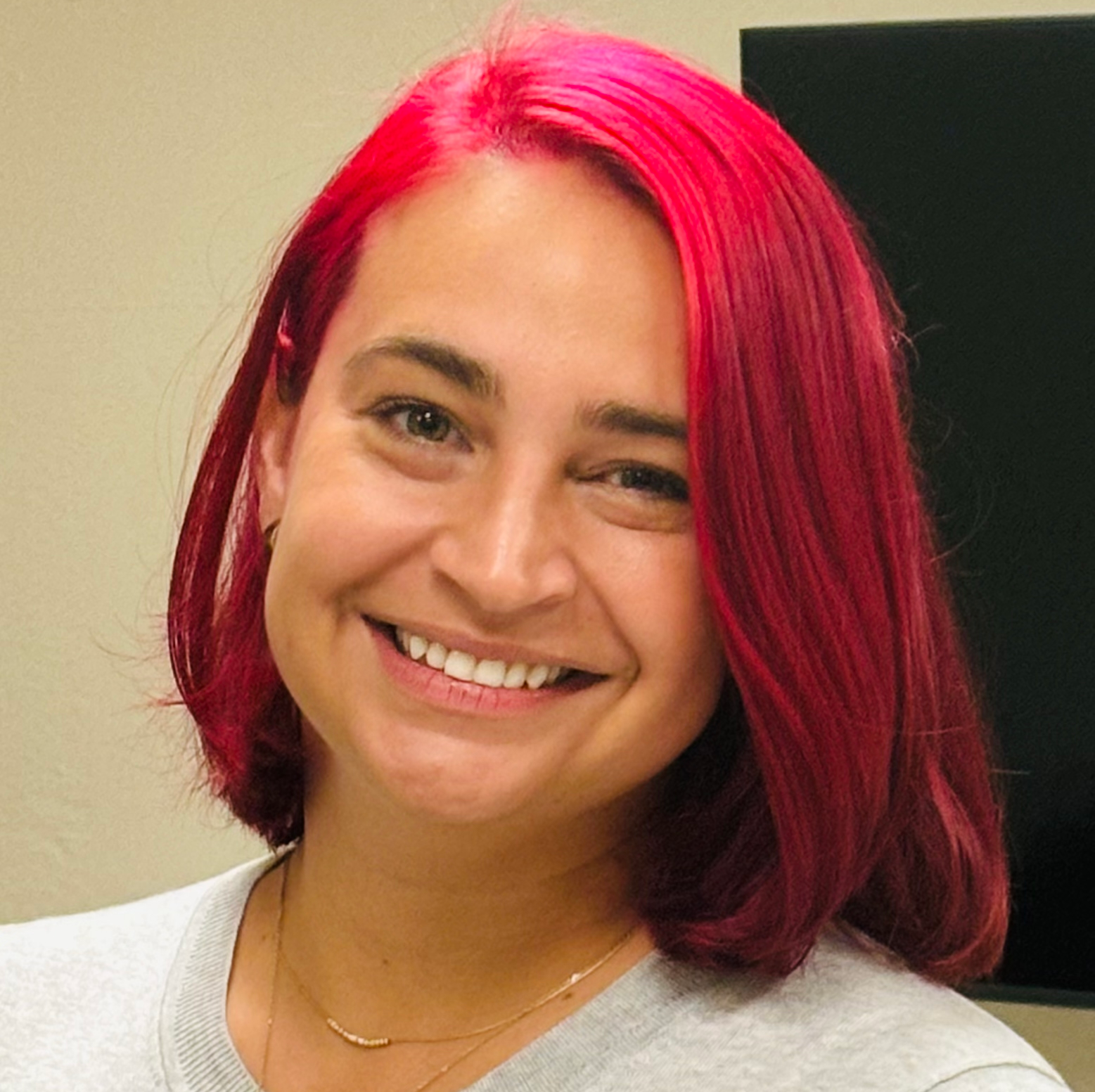
AI in Neurorehab: Pose Estimation Makes Gait Analysis Easier and More Accessible
Dr. Jan Stenum was five months into his postdoc with Dr. Ryan Roemmich at the Center for Movement Studies at the Kennedy Krieger Institute and the Department of Physical Medicine and Rehabilitation at the Johns Hopkins University School of Medicine in Baltimore, Maryland, when the COVID-19 pandemic shut down the laboratory in March of 2020. During the months leading up to the shutdown, Dr. Stenum had started a project on gait rehabilitation in people with Parkinson’s disease using a specialized treadmill capable of pivoting up-and-down or jerking side-to-side in response to the gait pattern of the person walking on the treadmill.
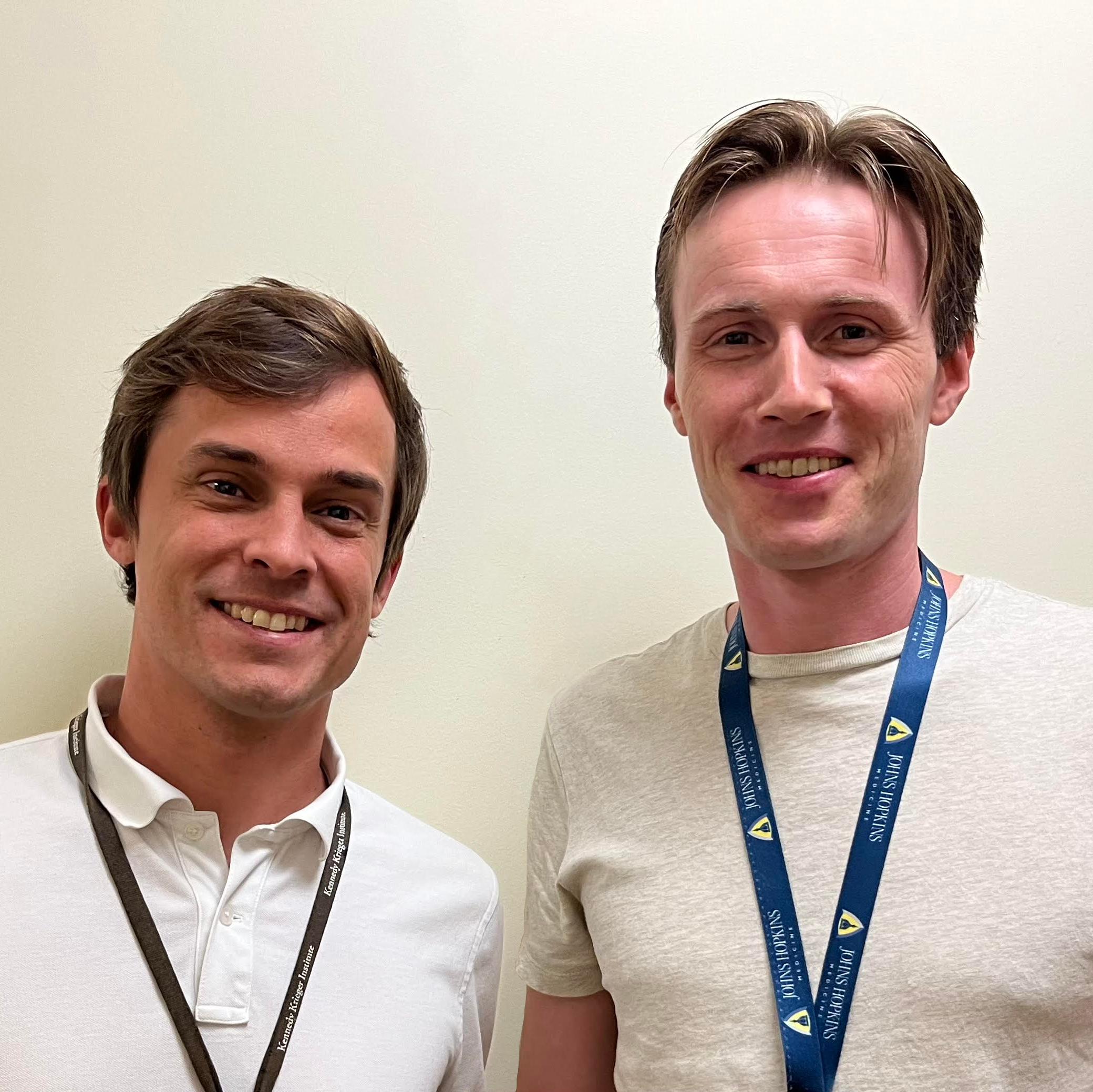
Meet Our Members: Alex Benedetto
Alex Benedetto received his Bachelor of Science degree in biology from Pennsylvania State University, and he is currently a PhD Candidate in Neuroscience at Northwestern University. He joined ASNR in March of this year to take advantage of the excellent networking opportunities the Society provides within the neurorehabilitation scientific research community.
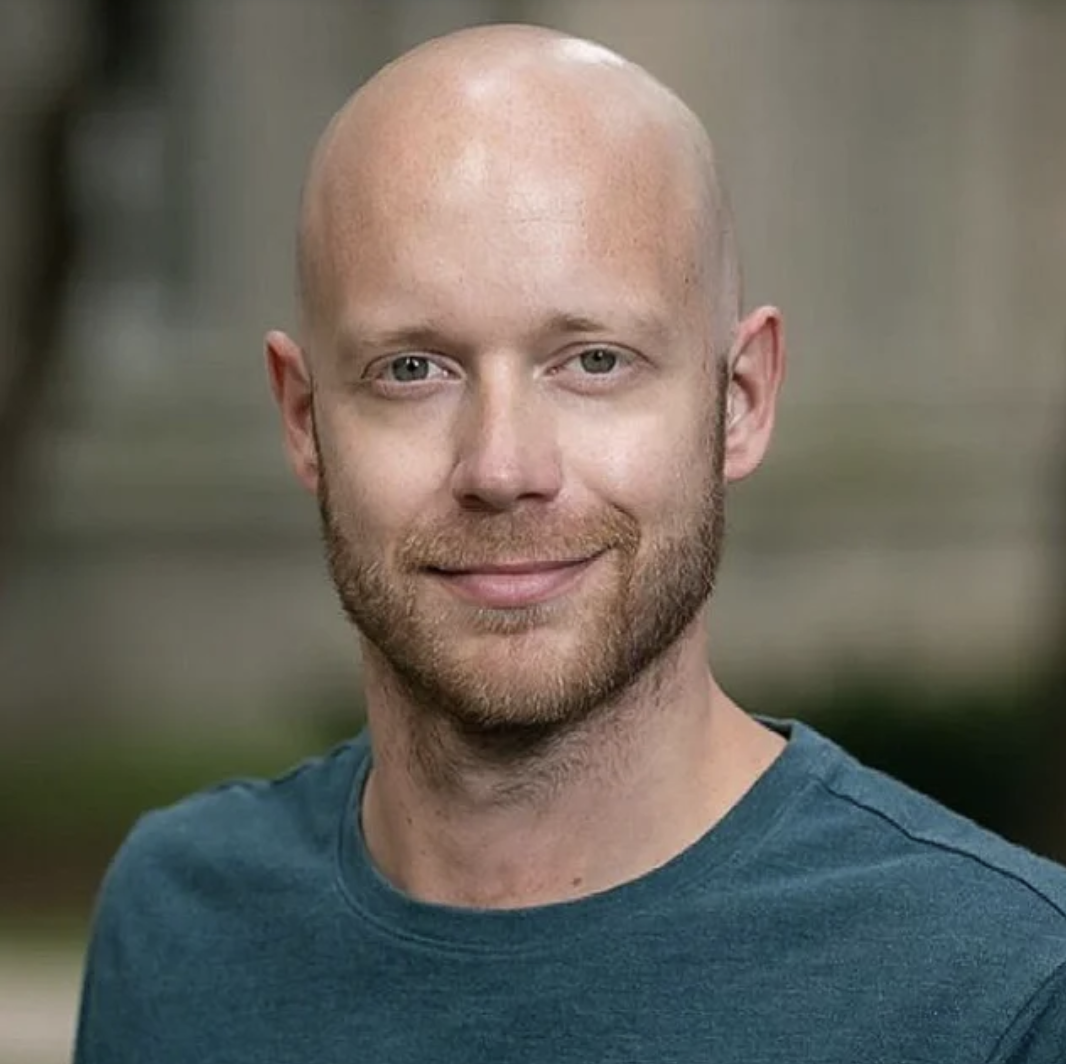
Executive Committee Spotlight: Dr. Lewis Wheaton
ASNR is thrilled to have Lewis Wheaton, PhD, serving as Vice President and a member of our Executive Committee. Dr. Wheaton is a Professor in the Department of Biological Sciences, Director of the Cognitive Motor Control Lab, and Director of the Center for Promoting Inclusion and Equity in the Sciences (C-PIES) at Georgia Tech. In the interview below, he shares more about himself, his career, and how he has been involved in ASNR over the years.
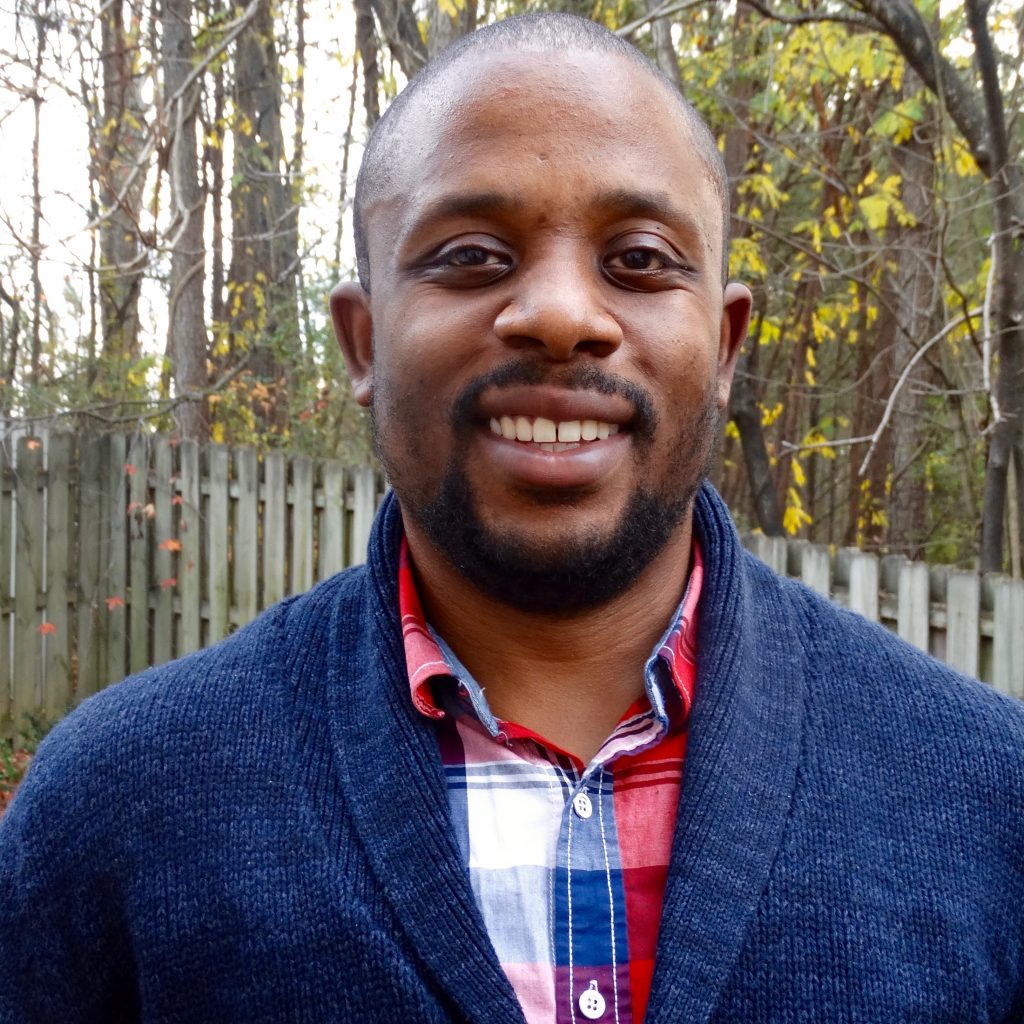
Meet Our Members: Alexi Reed
Alexandra (Alexi) Reed studied chemical engineering as an undergraduate, and she is currently a second year PhD student at Arizona State University School of Biological and Health Systems Engineering. After hearing from her advisor Dr. Sydney Schaefer about how welcoming the ASNR community is and how engaging with other members could enrich her academic experience, Alexi decided to become a member in January of this year. She was also selected to receive one of our 2024 ASNR Diversity Fellowship Awards, which provides travel, training, and mentorship support.
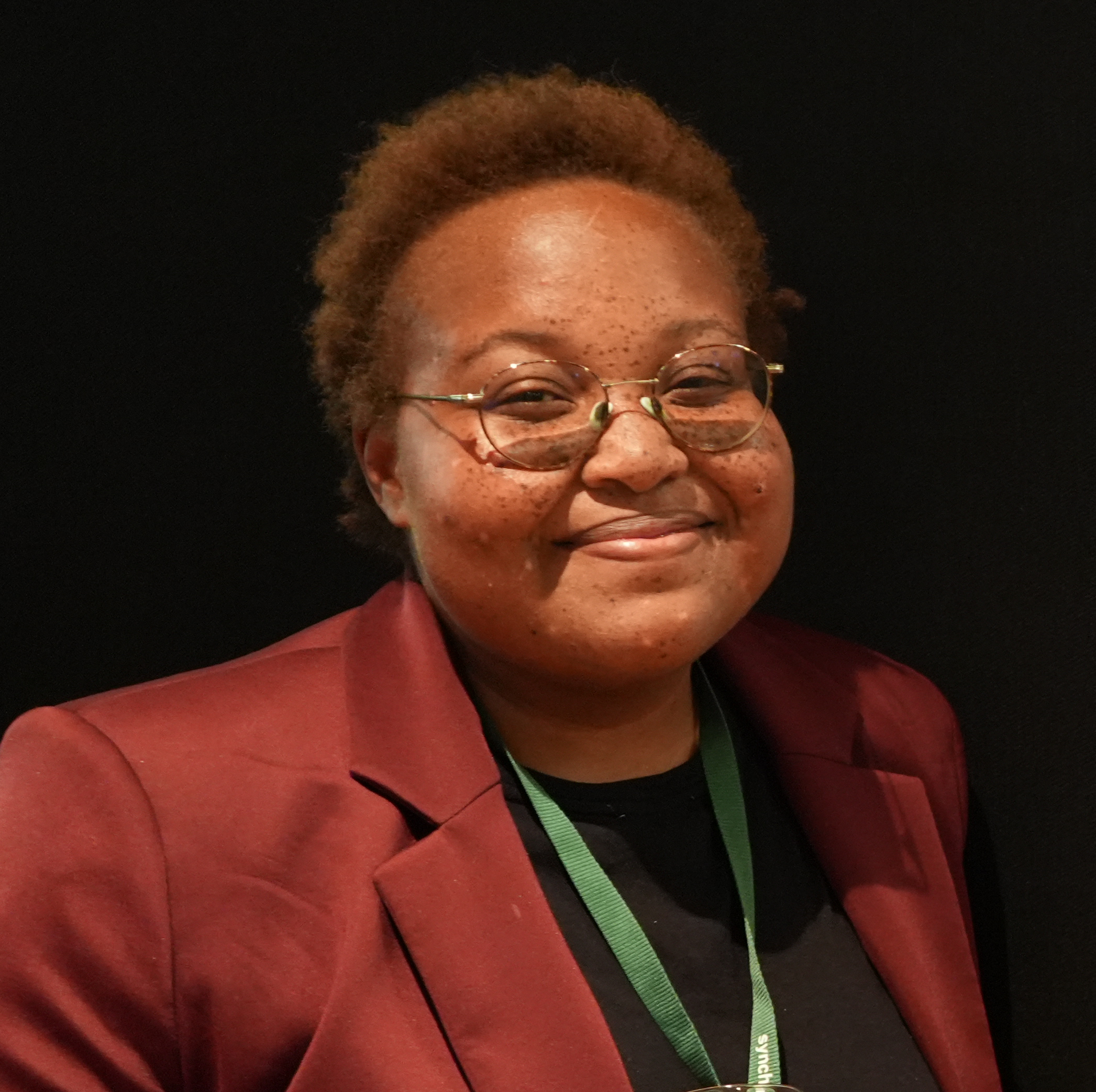
Advancing in Neurorehabilitation Research: Dr. Ahlam Salameh’s Personal Journey Through ASNR’s Education Committee
Joining the American Society of Neurorehabilitation’s (ASNR) Education Committee marked the beginning of a transformative journey for me, both professionally and personally. Approached by Dr. Jason Carmel to become a member, this opportunity led to significant advancements in my scientific knowledge, social networks, and emotional resilience.
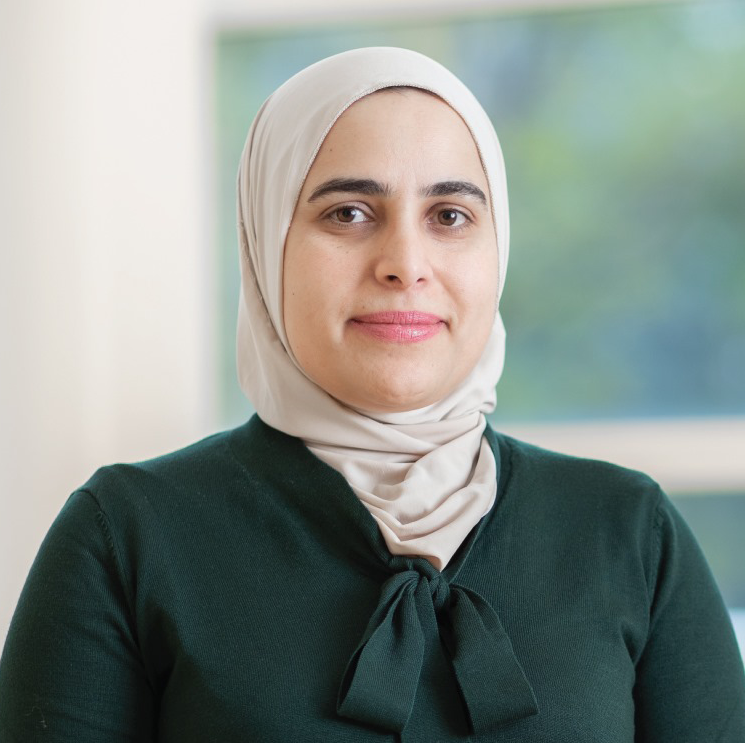
Career Pathways: Karen Chenausky, PhD, CCC-SLP
Sometimes a career path looks more like Chutes and Ladders than a straight run down the racecourse. That may be especially true for people whose interests are broad-ranging and untraditional. Dr. Karen Chenausky’s career exemplifies this. It started with Appendix E of The Lord of the Rings.
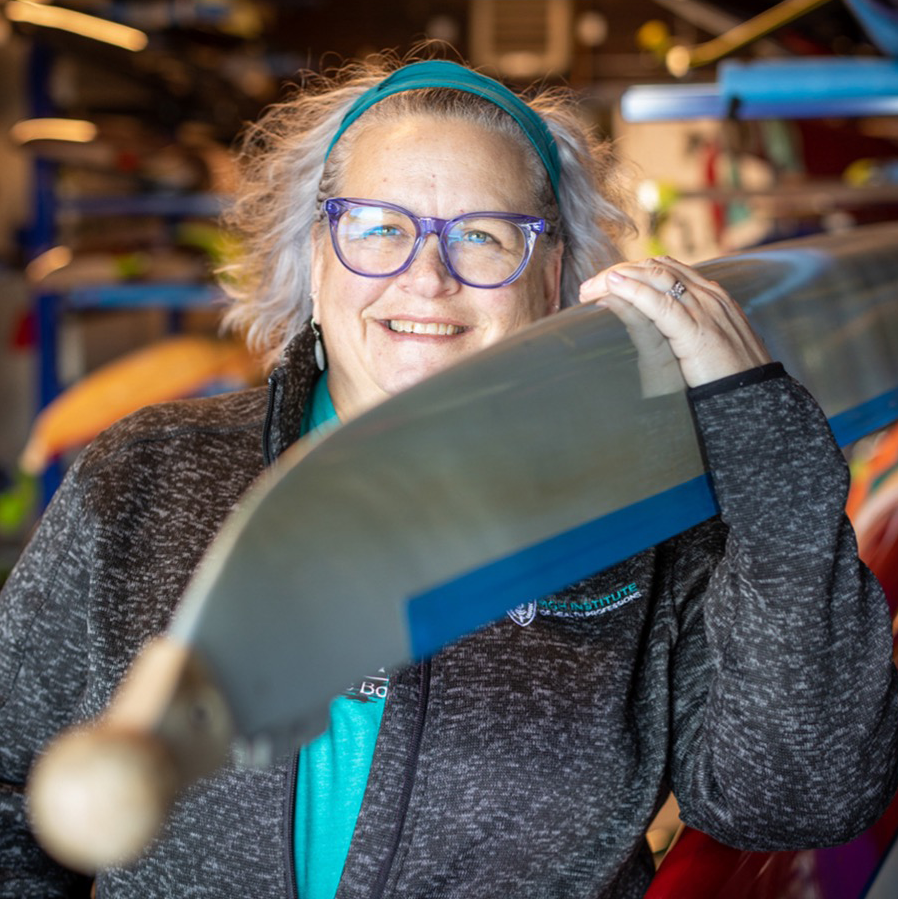
Recap of ASNR’s 2024 Annual Meeting in San Antonio
The 2024 Annual Meeting of the American Society for Neurorehabilitation (ASNR) brought together more than 200 attendees spanning a broad range of geographic locations, backgrounds, and disciplines! The meeting provided great opportunities for networking, discussion, and learning about the latest advances in neurorehabilitation research, technology, and care.
.png)
ASNR Welcomes Sarah Sandusky as New Meetings and Membership Manager
The American Society of Neurorehabilitation (ASNR) is pleased to announce that Sarah Sandusky has accepted the position of Meetings and Membership Manager. She began her new role at ASNR on March 18, 2024 and has been working hard over the past few weeks on preparations for the upcoming 2024 Annual Meeting in San Antonio, TX.
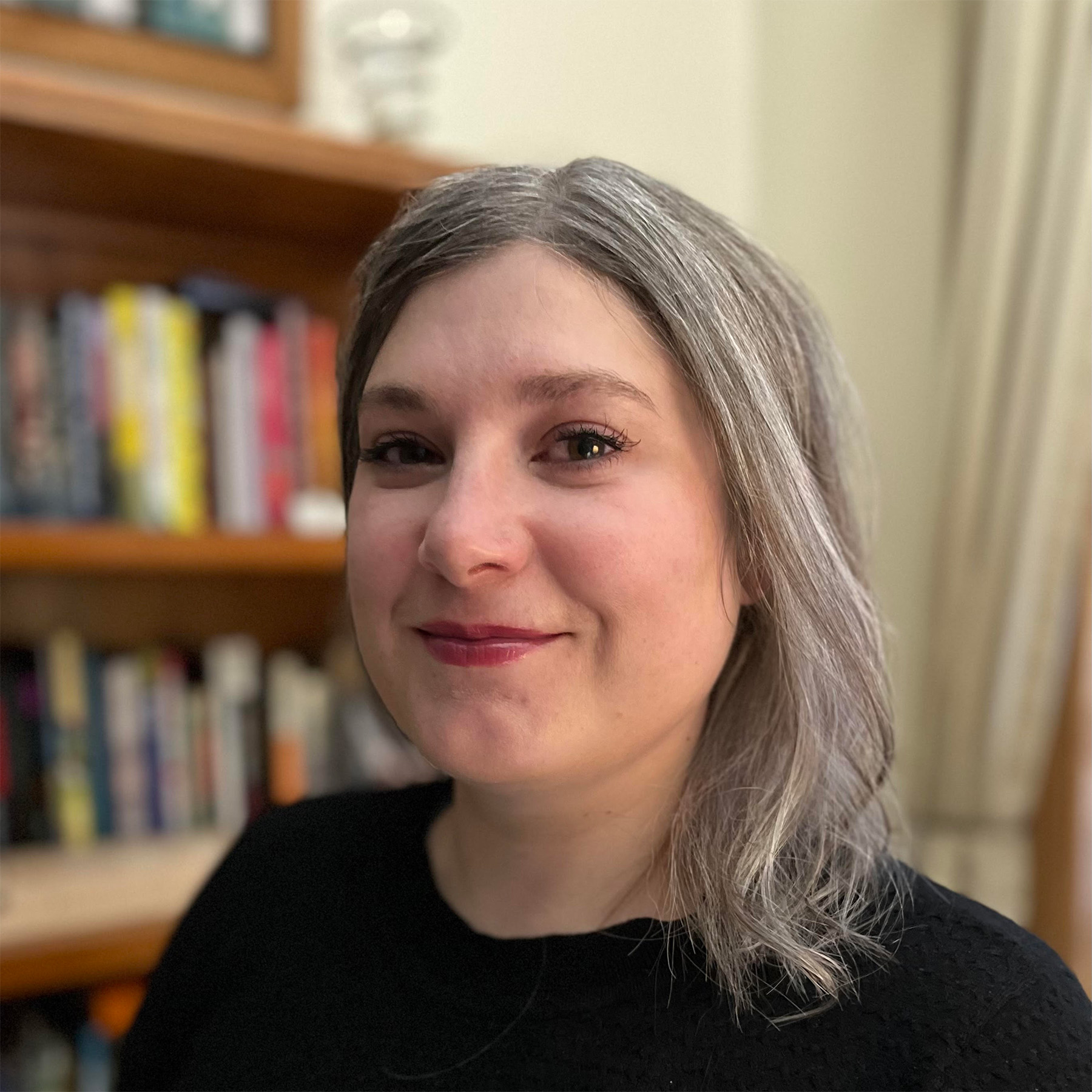
Board of Directors Spotlight: Dr. Keith Lohse
We’re delighted to highlight the work of ASNR Board Member and our current Education Committee Chair Keith Lohse, PhD, PStat. Dr. Lohse is Associate Professor of Physical Therapy and Neurology at Washington University School of Medicine in St. Louis. In the interview below, he shares more about himself, his current research, and his experiences as an ASNR Member and a Member of our Board.
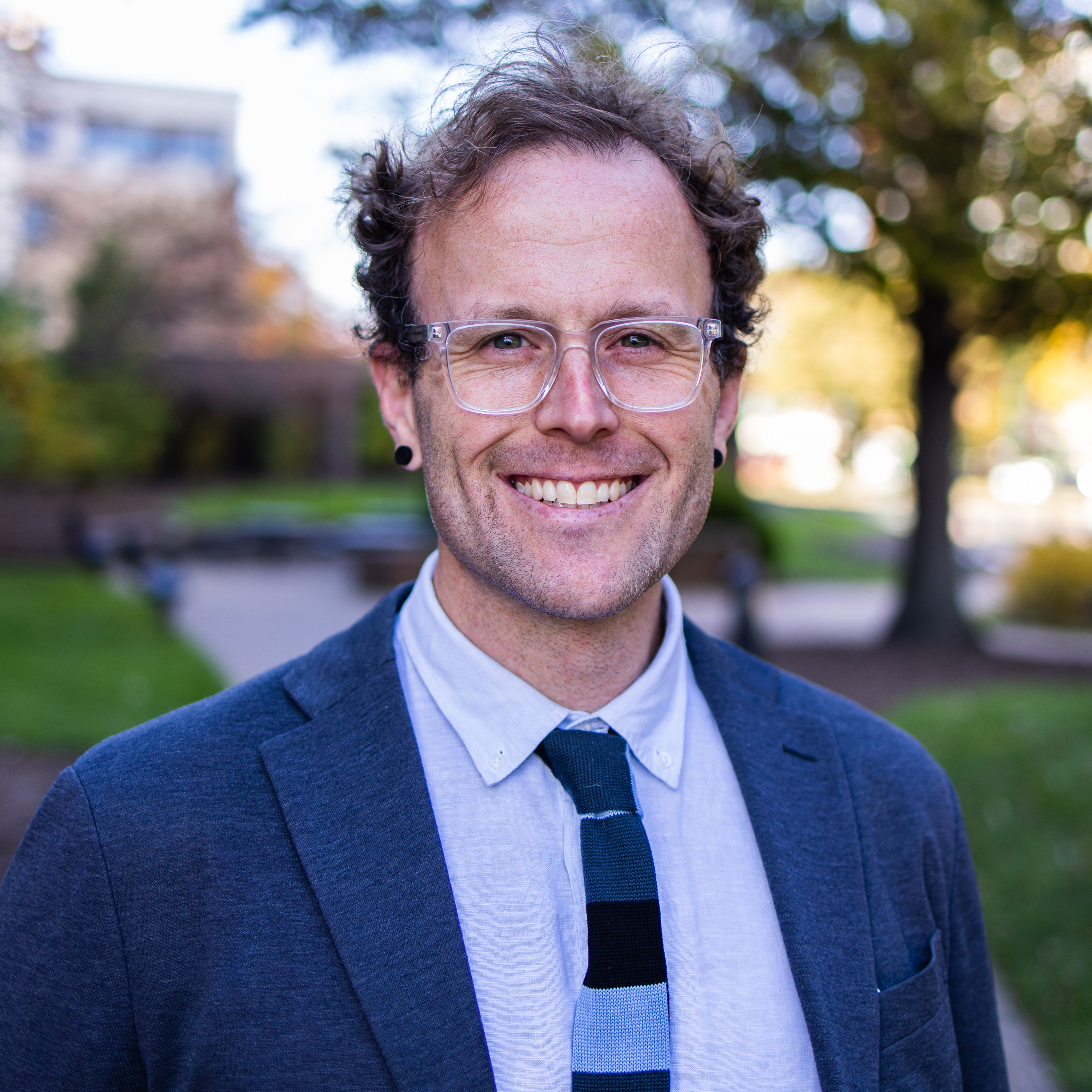
Join Us in San Antonio for ASNR 2024!
We are looking forward to catching up with colleagues, making new connections, and discussing the latest advances in neurorehabilitation research and practice with everyone at this year’s Annual Meeting in the vibrant city of San Antonio, Texas. If you haven’t registered for the meeting yet or booked your hotel room, we recommend you take a few minutes to visit the Annual Meeting page of our website to complete these steps.
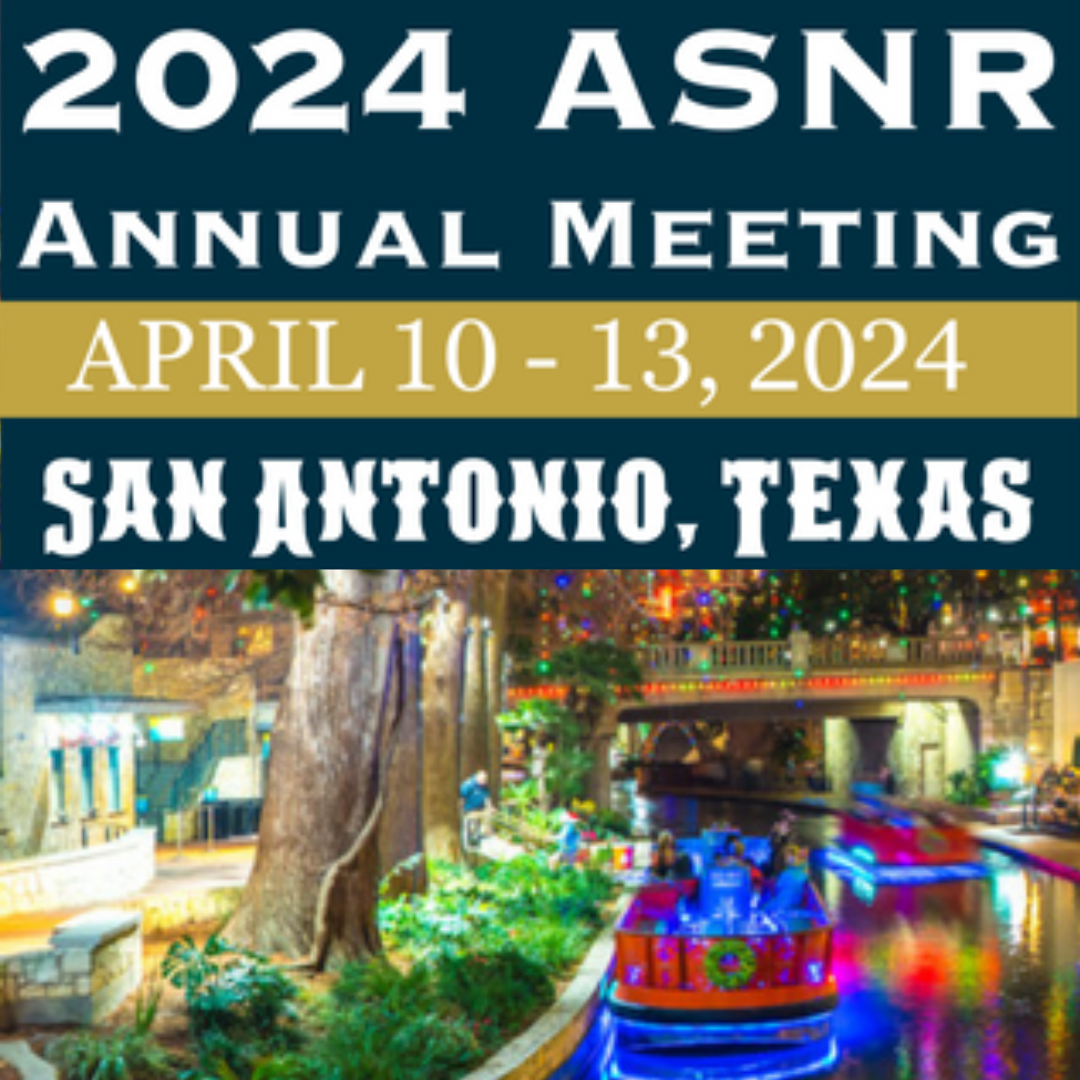
Executive Committee Spotlight: Dr. Catherine Lang
ASNR’s sixteenth President is Catherine Lang, PT, PhD, FASNR, FAPTA. Dr. Lang is the Barbara J. Norton Professor of Physical Therapy, Professor of Neurology, and Professor of Occupational Therapy at Washington University in Saint Louis School of Medicine where she also serves as the Associate Director of the Movement Science PhD Program. In this interview, Dr. Lang shares more about herself, her career, and her history with ASNR.
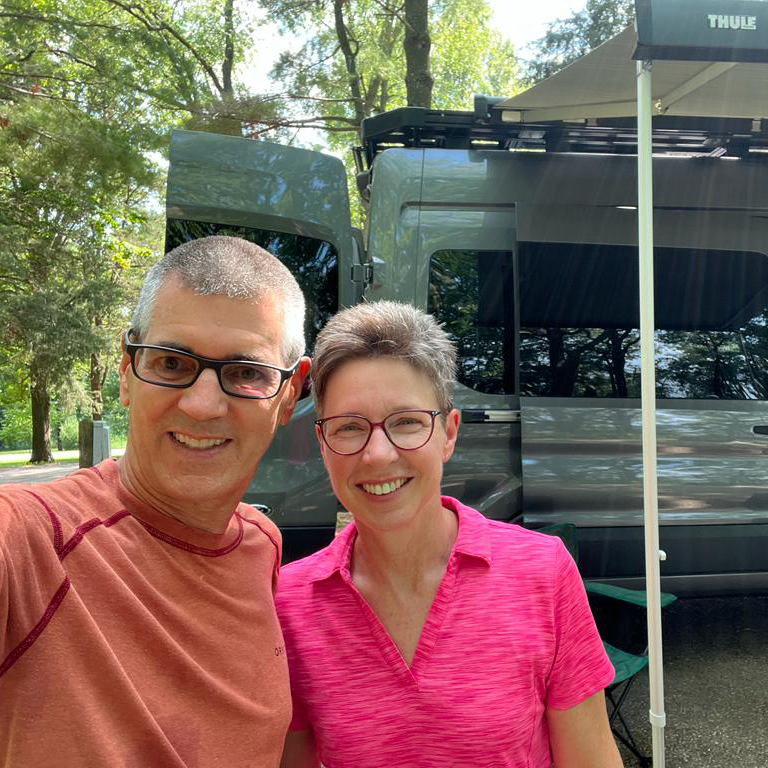
Executive Committee Spotlight: Dr. Kelsey Baker
We’re excited to introduce you to ASNR’s current Program Chair Kelsey Baker, PhD. Dr. Baker is Assistant Professor of Molecular Science at The University of Texas Rio Grande Valley School of Medicine. She is also a Biomedical Engineer with the Louis Stokes Cleveland Veterans Affairs Medical Center. In this interview, she shares more about herself, her career, and her involvement with ASNR over the years.
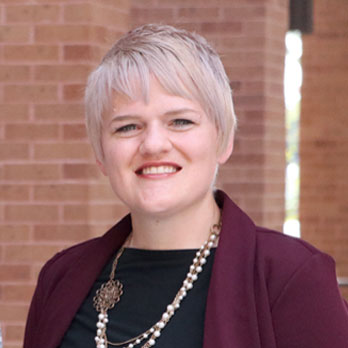
Meet Our Members: Akhil Mohan
Dr. Akhil Mohan is a Postdoctoral Fellow in Dr. Ela Plow’s lab in the Lerner Research Institute at the Cleveland Clinic. He became an ASNR member in 2022 to expand his professional network, gain valuable mentorship, and contribute to the advancement of the field of neurorehabilitation. You can learn more about Dr. Mohan and his exciting research in our interview.
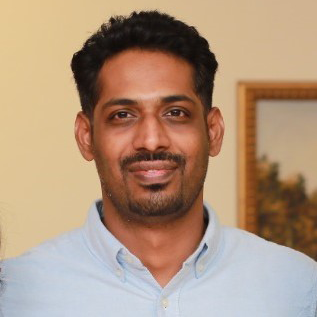
ASNR Supports Four Members Attending the 2024 TIGRR Workshop
Securing research funding isn’t easy, and early-career and emerging investigators face unique challenges in applying for research grants. The Training in Grantsmanship for Rehabilitation Research (TIGRR) Workshop was developed to provide junior investigators in rehabilitation research with training and mentoring to help them receive competitive research funding. For years, ASNR has provided grant support for Members selected to participate in TIGRR, and we were excited to award $1,000 grants to four of our Members to attend the recent Workshop in 2024.
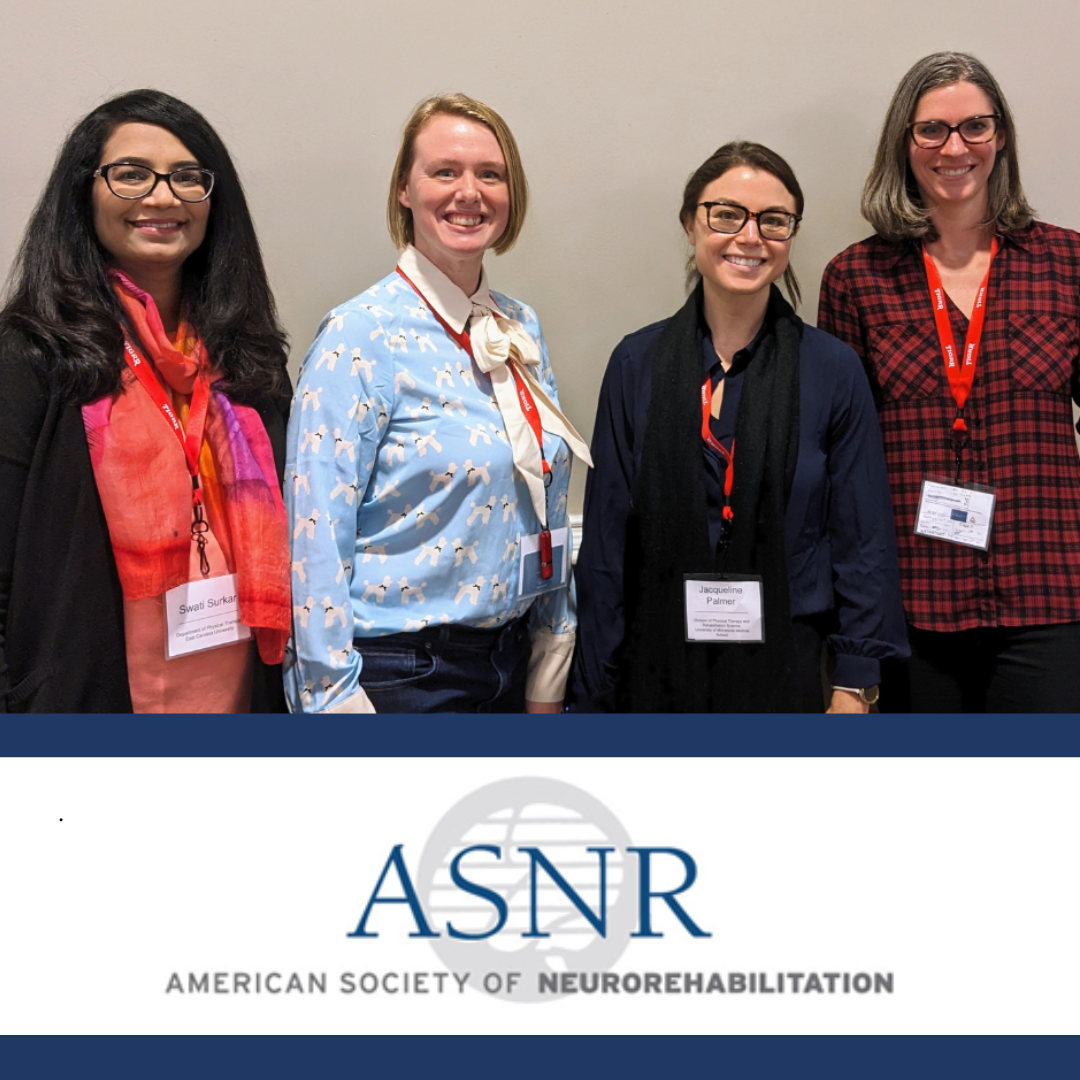
Meet Our Members: Shusuke Okita
Dr. Shusuke Okita is a Post-Doctoral Fellow at Shirley Ryan AbilityLab. He obtained a Ph.D. in the Department of Mechanical and Aerospace Engineering at the University of California, Irvine this June. ASNR was pleased to welcome Shusuke as a new member in February of this year. He joined ASNR to be a part of community pursuing neurorehabilitation. Learn more about Dr. Okita’s career and his research in this interview.
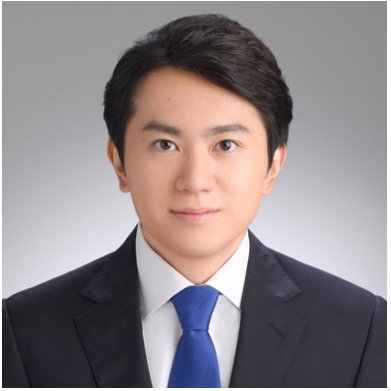
Critical Research and Clinical Gaps in Neurorehabilitation After Pediatric Traumatic Brain Injury
While there have been tremendous advances in the field of neurorehabilitation, there are still many unanswered questions and areas of unmet medical need. It is critical for scientists, clinicians, and other neurorehabilitation professionals to understand and appreciate the lived experiences of patients and their caregivers to continue identifying and addressing key gaps in rehabilitation research and clinical practice. ASNR Member James Sulzer, PhD, provides his perspective on the process of recovery and rehabilitation after traumatic brain injury (TBI) in pediatric populations, based on his own experiences with his daughter Liviana (“Livie”).
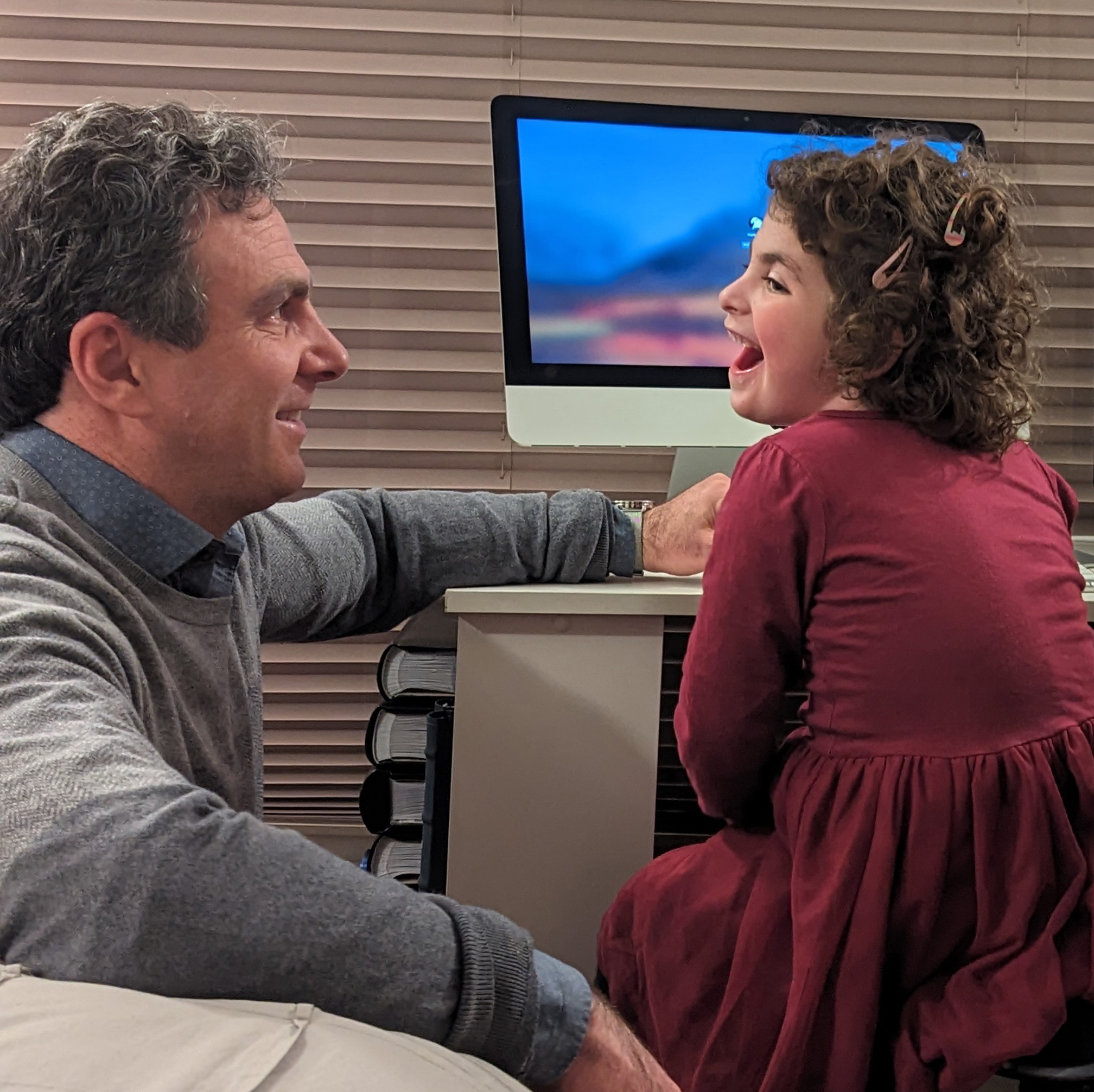
Join ASNR, and Bring a Friend! — Dr. Steven R. Zeiler Shares Five Member Benefits for Clinicians
Scientific and professional societies are a standard mechanism for bringing similar-minded academics together. The American Society of Neurorehabilitation (ASNR) has done this in the field of neurorehabilitation for over thirty years and continues to accomplish this task – and it is particularly important to those in clinical medicine.
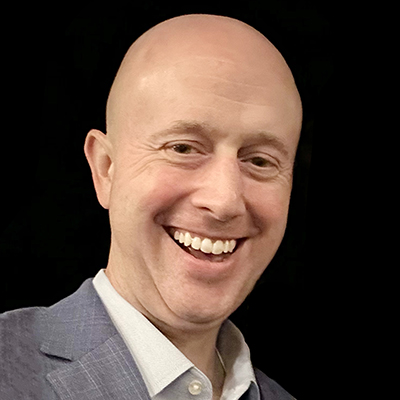
NNR Welcomes Three Early Career Editorial Program Members
Through our premier peer-reviewed journal Neurorehabilitation and Neural Repair (NNR), ASNR shares new findings from researchers across the globe. We are excited to announce that three ASNR Members have been selected to join the editorial board of NNR in our new Early Career Editorial Program. Dr. Sam Nemanich, Assistant Professor at Marquette University, Dr. Daniele Piscitelli, Assistant Professor at University of Connecticut, and Dr. Natalia Sánchez, Assistant Professor at Chapman University will begin their three-year term on the NNR Editorial Board in November.

Meet Our Members: Anisha Kanukolanu
Anisha Kanukolanu is an undergraduate student majoring in neuroscience at the Georgia Institute of Technology (Class of 2023), and she is currently an undergraduate researcher in the Neural Plasticity Research Lab at Emory University led by Dr. Michael Borich. She joined ASNR this year to learn more about the current innovation and work in the neurorehabilitation space. Anisha discusses her scientific career and research in this interview below.
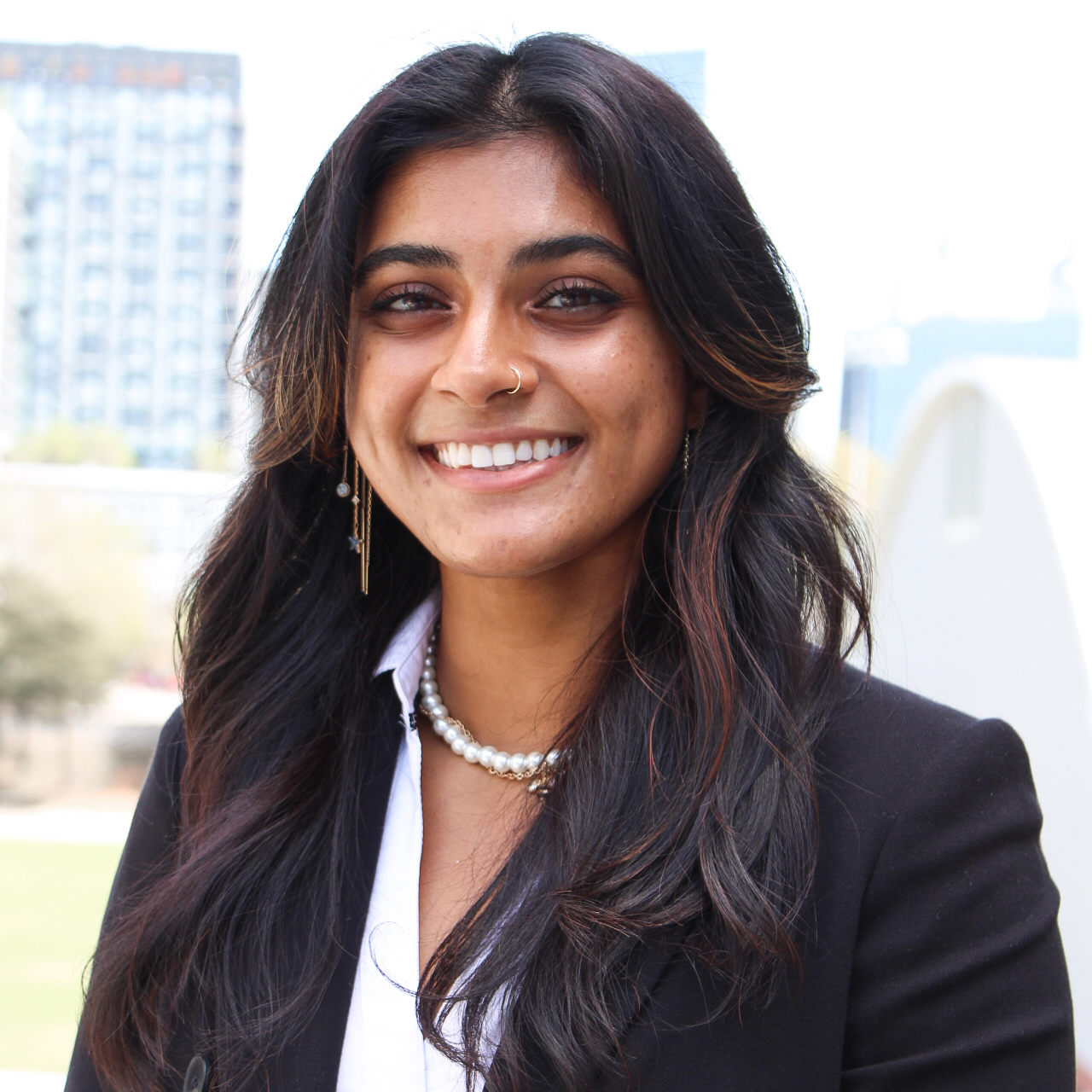
Allegro con brio: Dr. Jessica Cassidy’s Adventures as an Assistant Professor
In my former life, prior to my clinical and research training, I studied vocal performance with dreams of becoming the next great coloratura soprano, making my operatic debut at the Metropolitan Opera amongst renowned artists like Renée Fleming and Kathleen Battle. Ultimately, biochemistry and neuroscience prevailed over music theory and Italian. Yet, I am grateful that many of the skills acquired during my musical training have translated to my career as a rehabilitation scientist. One pivotal component linking both music and science that I wish to highlight here is tempo.
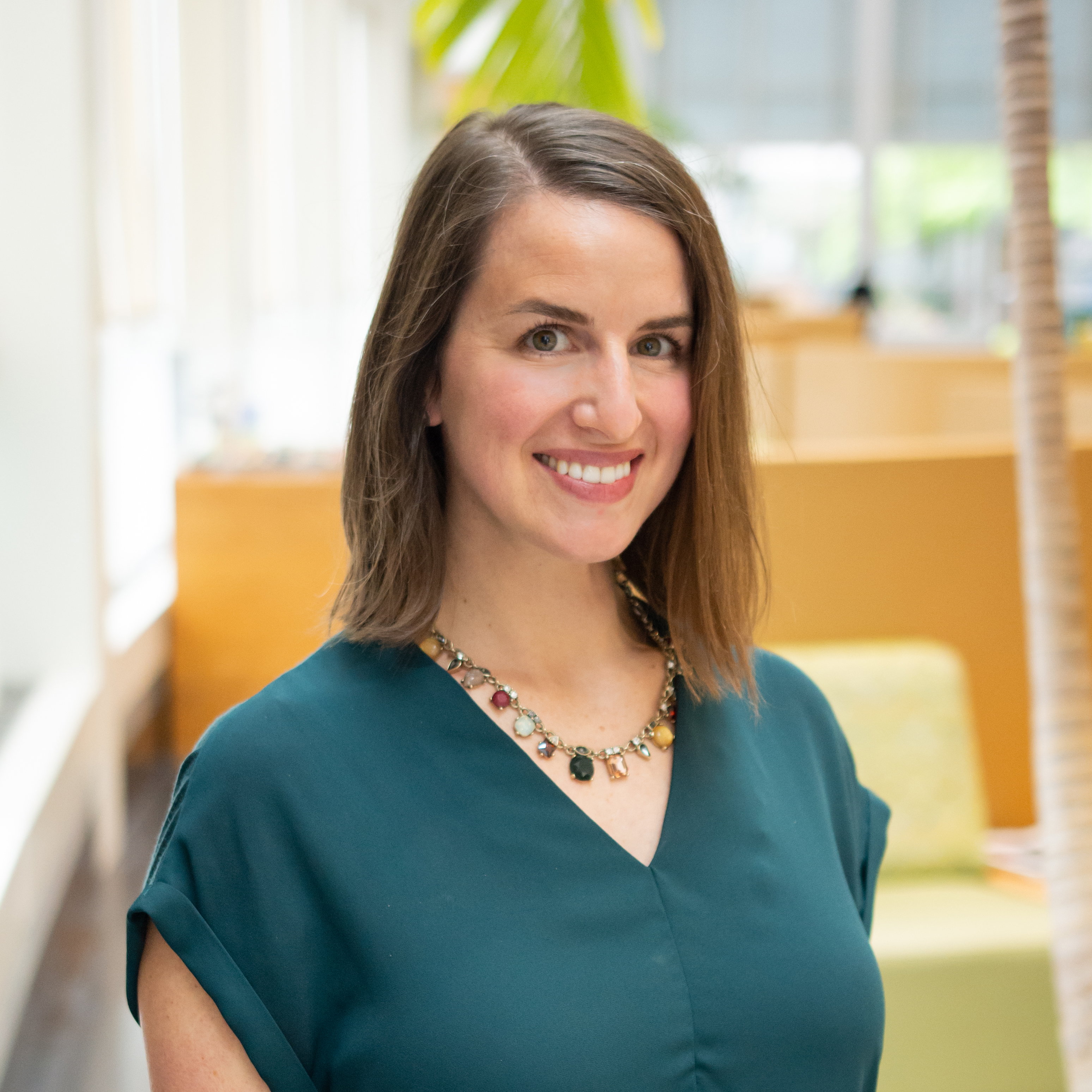
Meet Our Members: Ermyntrude Adjei
Ermyntrude (Trudy) Adjei, MS, is a Biomedical Engineering PhD student working in the Neuroimaging and Motor Control Laboratory at Northwestern University with Dr. Jun Yao and Dr. Julius Dewald. ASNR was excited to welcome Trudy as a new member earlier this year, and she joined our vibrant professional society to expand her network, collaborate, and contribute to the advancement of the field of neurorehabilitation. Trudy is one of four talented individuals selected to receive a 2023 ASNR Diversity Fellowship, and this award provides travel, training, and mentorship support. She shares more about herself and her research in this interview.
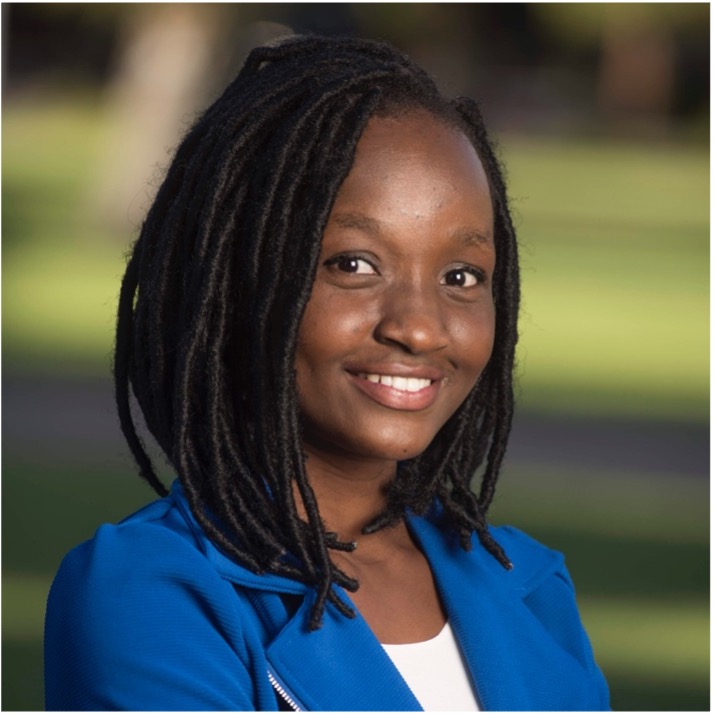
ASNR Welcomes Two New Board of Directors Members
The Board of Directors of the American Society of Neurorehabilitation plays an important role in furthering the organization’s mission to improve the lives of people with neurological disorders through advances in basic and clinical research, as well as shaping the future of the field of neurorehabilitation. We are honored to have a diverse and distinguished group of neurorehabilitation professionals serving on our Board of Directors as Board Members and Members of our Executive Committee, and we are thrilled to welcome two new members, Dr. Karunesh Ganguly and Dr. Leigh Hochberg, to the Board.
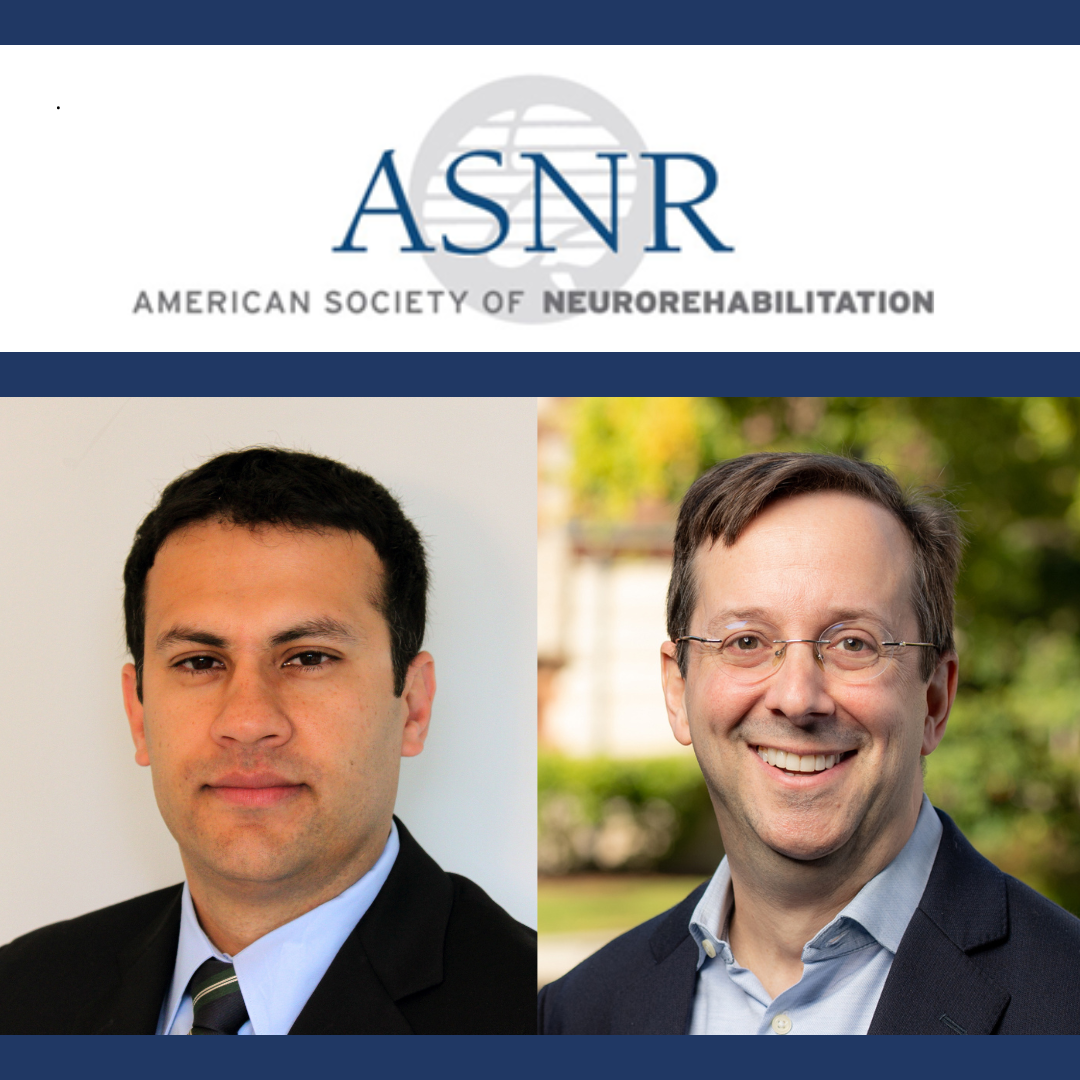
A Summer of Discovery in the School of Rehabilitation at the Université de Montréal
Summer research programs are an excellent way for undergraduate students to gain valuable research experience and explore new research areas. Working with these students, investigators can expand their mentorship skills and make meaningful progress on research projects in their lab. Marika Demers, PhD, OT, was thrilled to welcome her first summer students to the lab this year. Dr. Demers is an Assistant Professor at the Université de Montréal and part of ASNR’s Member Engagement Committee. Two of the students she is mentoring this summer, Houyar Djahanbakhsh Asli and Caroline Perron, are undergraduate students who have recently completed their first year in occupational therapy at the School of Rehabilitation at the Université de Montréal.
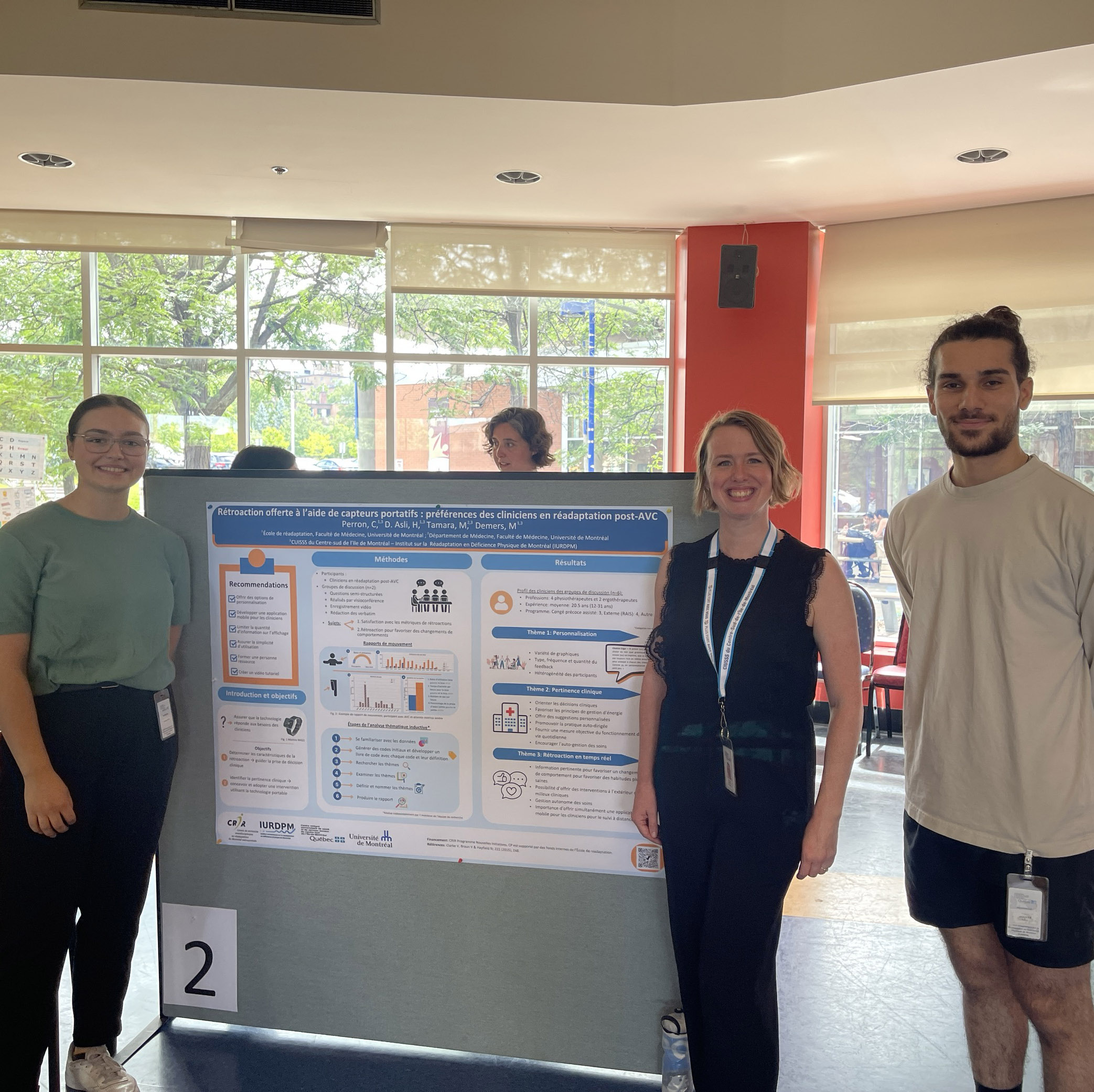
Mentorship Matters: Summer Research in the Motor Rehabilitation and Learning Lab
For many scientists, their first experiences in a lab helped cement their interest in science, and the training they received from their earliest mentors may have shaped the trajectory of the rest of their career. After working with excellent mentors during her own training, Sydney Schaefer, PhD, is excited to be able to provide these opportunities for students in her lab. Dr. Schaefer is an Associate Professor at Arizona State University (ASU) and a member of ASNR’s Member Engagement Committee. This summer, she and her collaborator Dr. Jessica Verpeut hosted Jeanne Kamau, a talented student entering her first year as an undergraduate majoring in biomedical engineering at Georgia Institute of Technology.
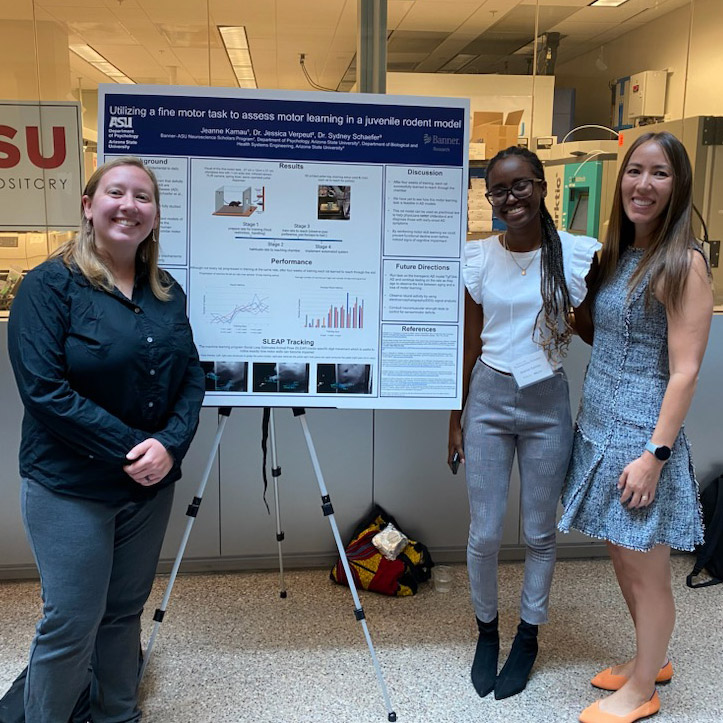
NNR Launches New Early Career Editorial Program
ASNR is pleased to publish outstanding research from scientists all over the world in our premier academic journal Neurorehabilitation and Neural Repair (NNR). Our Editorial Board Members play a key role in coordinating peer review, serving as peer reviewers, promoting the journal, and providing valuable feedback. For many journals, opportunities to serve on the Editorial Board are only available for mid- or later-career experts in the field.
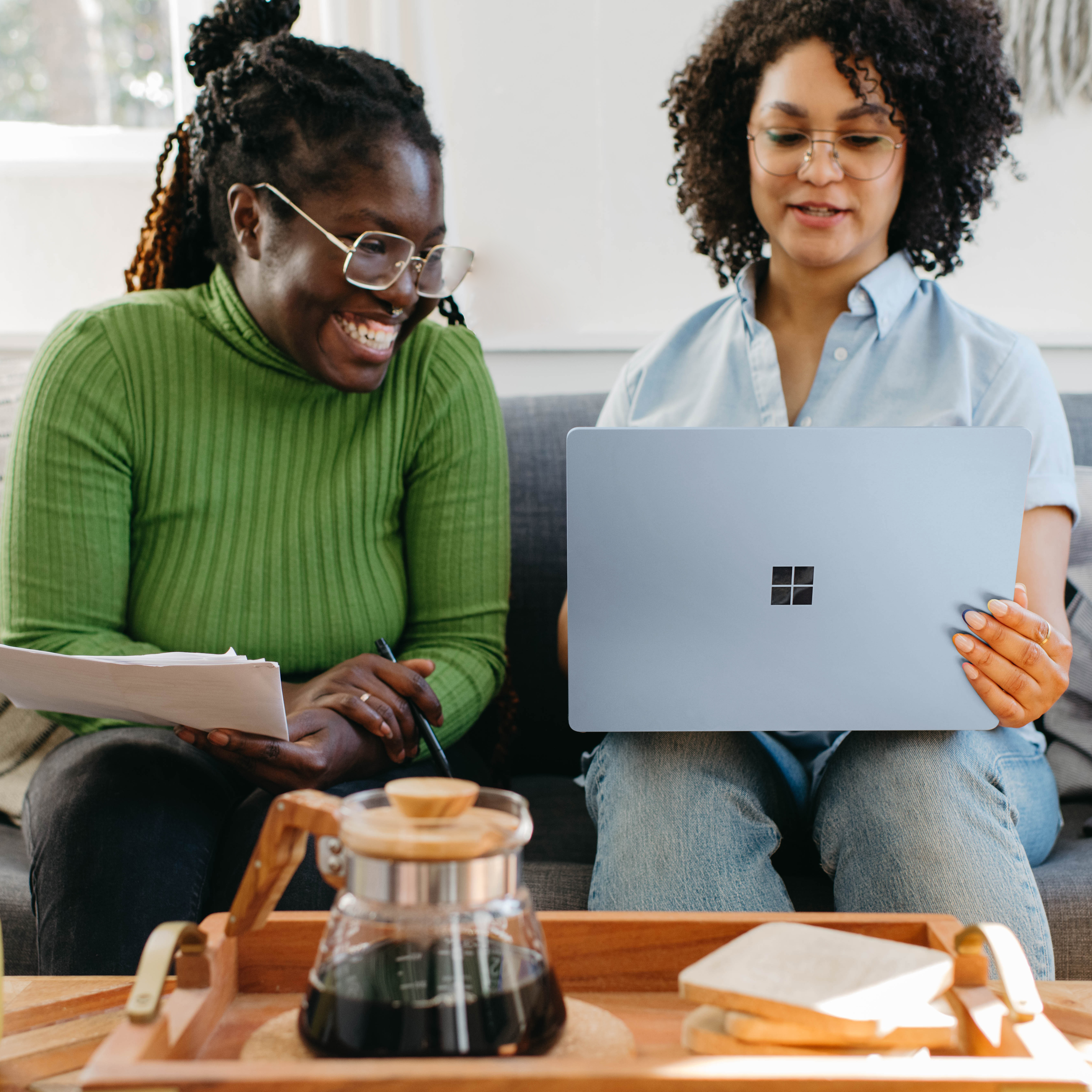
Join Us for a Behind-the-Scenes Look as We Plan ASNR 2024!
Mark your calendars for April 10-13, 2024 because ASNR is coming to San Antonio, Texas, next year! While the conference is still more than eight months away, our Program Committee has been busy reviewing feedback from our latest meeting, planning the 2024 conference schedule, and beginning to identify potential topics to feature during the meeting. The Program Committee is led by the Committee Chair Kelsey Baker, PhD. Dr. Baker is an Assistant Professor of Medicine at The University of Texas Rio Grande Valley, and she has been an active member of ASNR since 2014.

Our Virtual Mentoring Program is Shaping the Next Generation of Neurorehabilitation Researchers
An excellent mentor can help early-career professionals identify and address critical gaps in their career development and provide advice on how to navigate tricky situations that may arise in the workplace. However, because neurorehabilitation is a smaller and newer field, it can be difficult for people starting out in the field to connect with relevant mentors in their institution or region. In some cases, an individual may be the only neurorehabilitation researcher and/or clinician in their department, or they may be the only person whose work bridges multiple disciplines that are split into siloed departments.
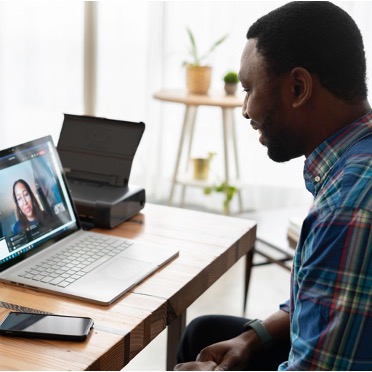
Meet Our Members: Michelle Corkrum
Michelle Corkrum, MD, PhD, is a Child Neurology Resident at the Columbia University Irving Medical Center. She joined ASNR in 2021 to be part of a community dedicated to advancing patient care through scientific discovery in the field of neurorehabilitation. This year, ASNR was thrilled to award Dr. Corkrum one of our 2023 Diversity Fellowships. You can learn more about Dr. Corkrum and her exciting research in our interview below.
